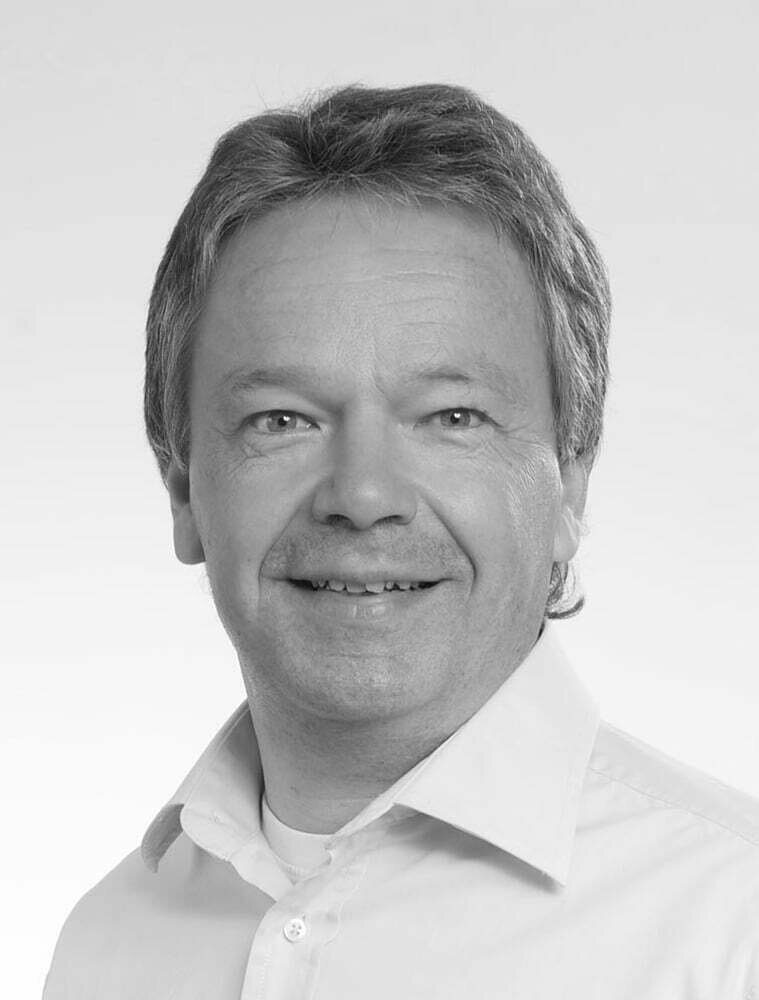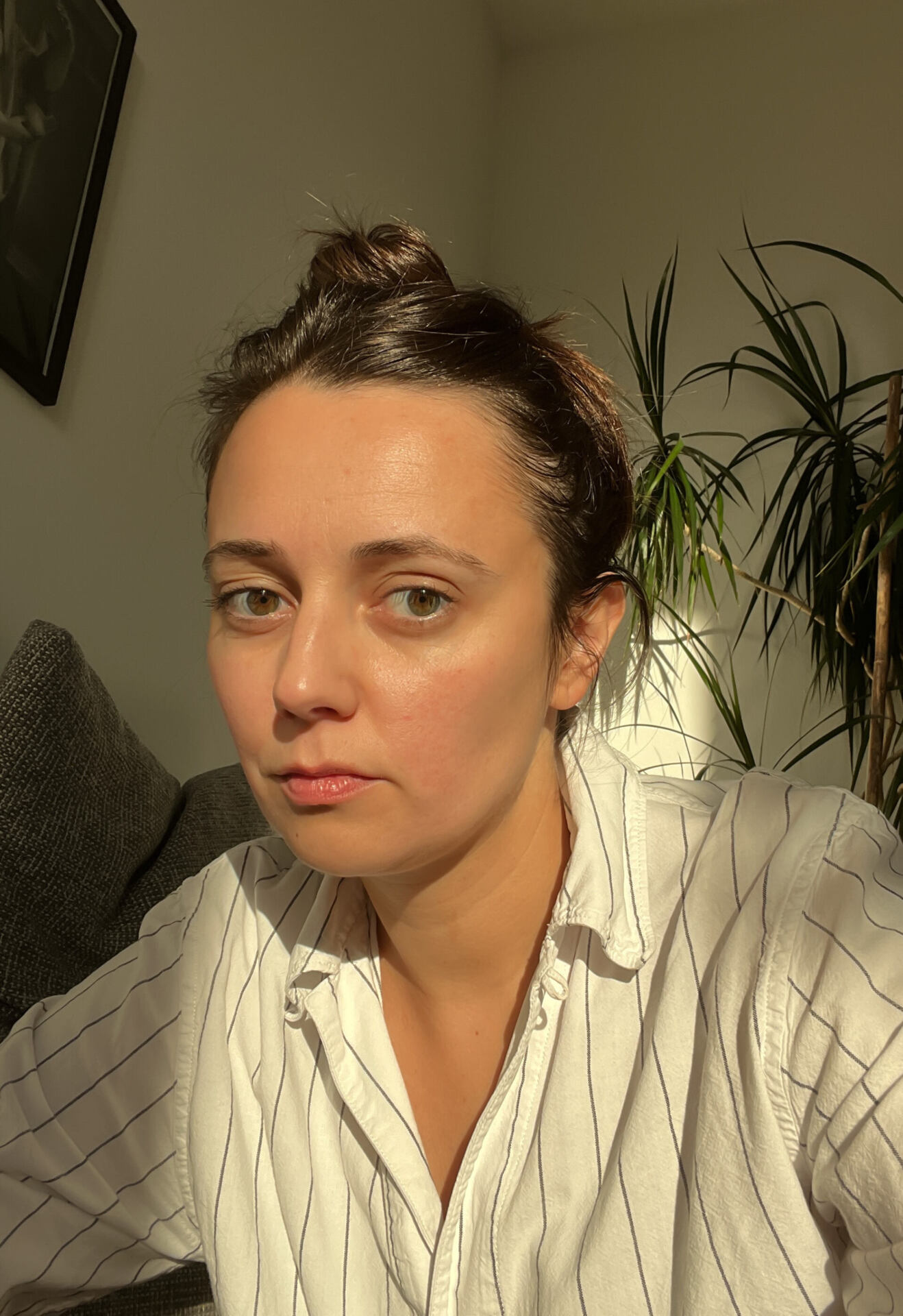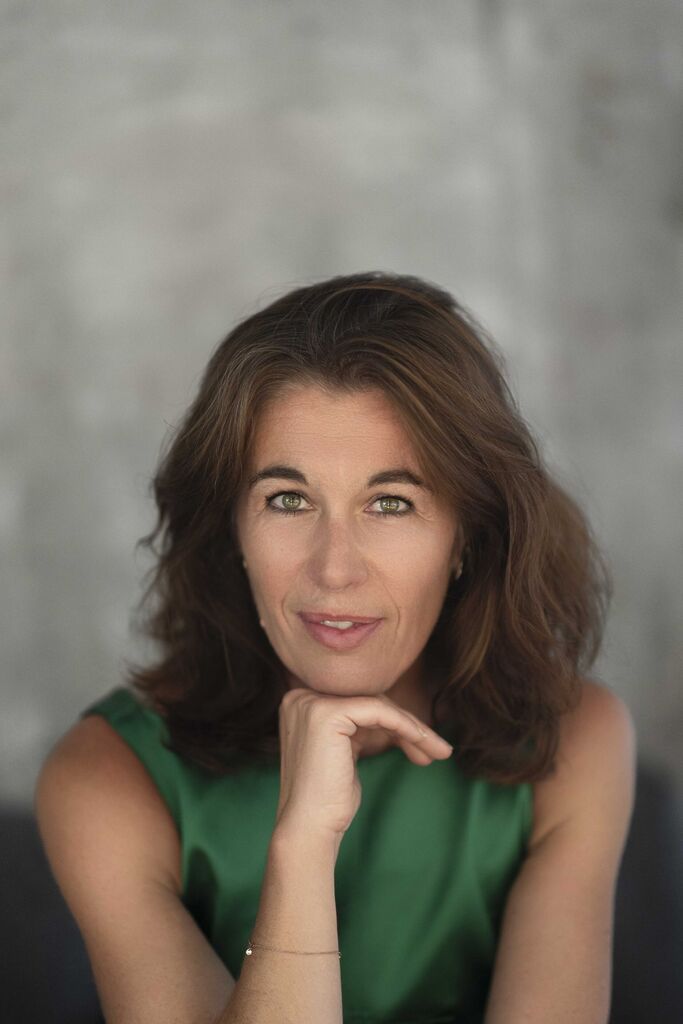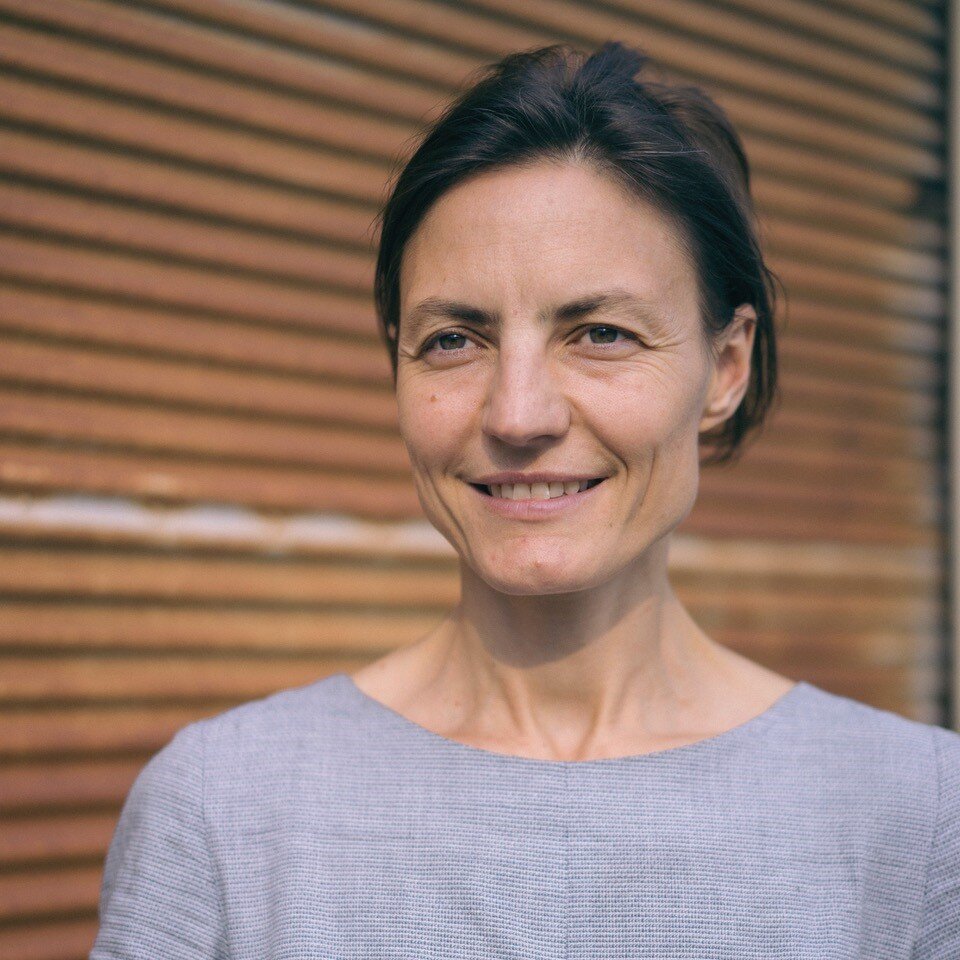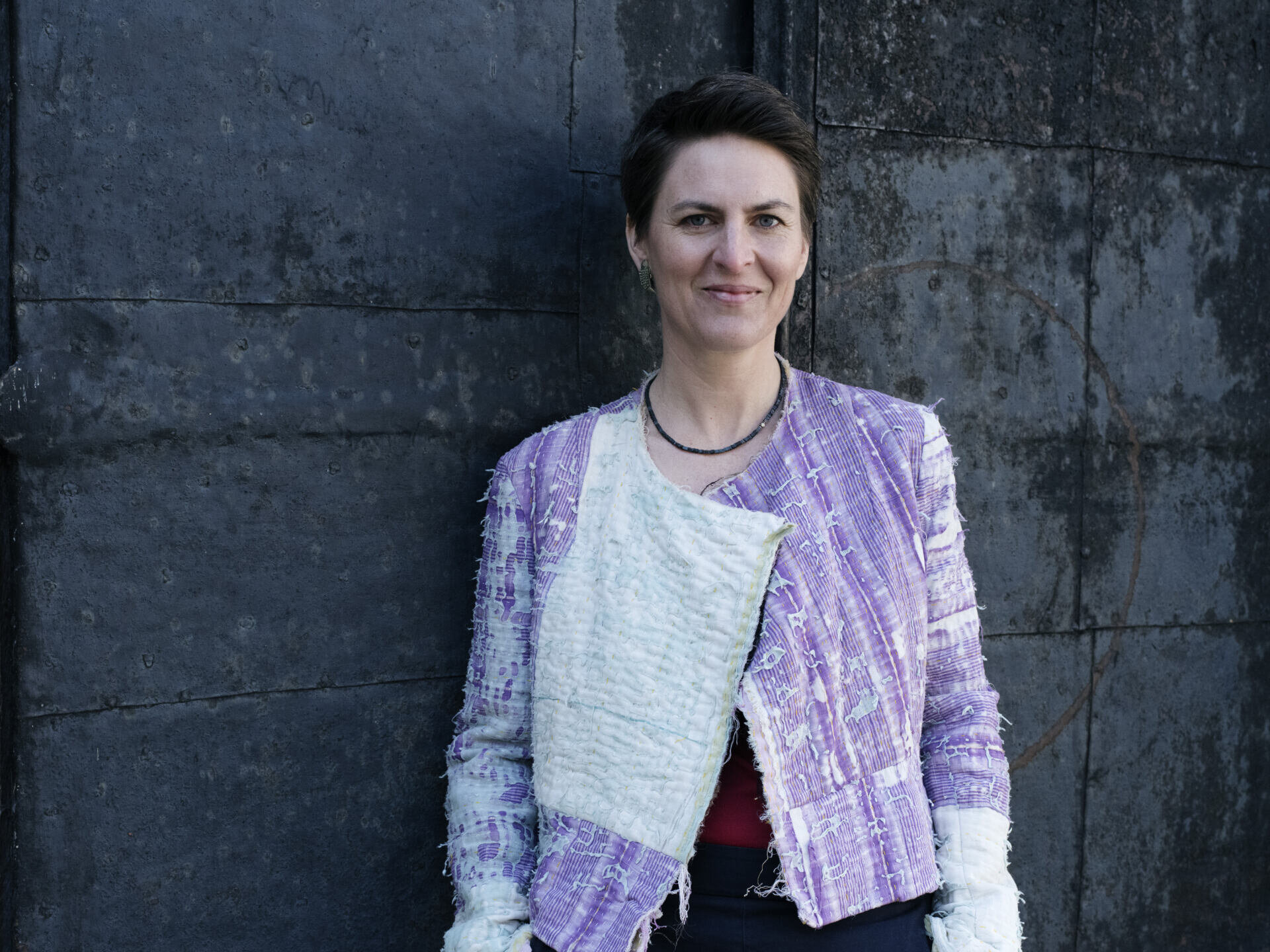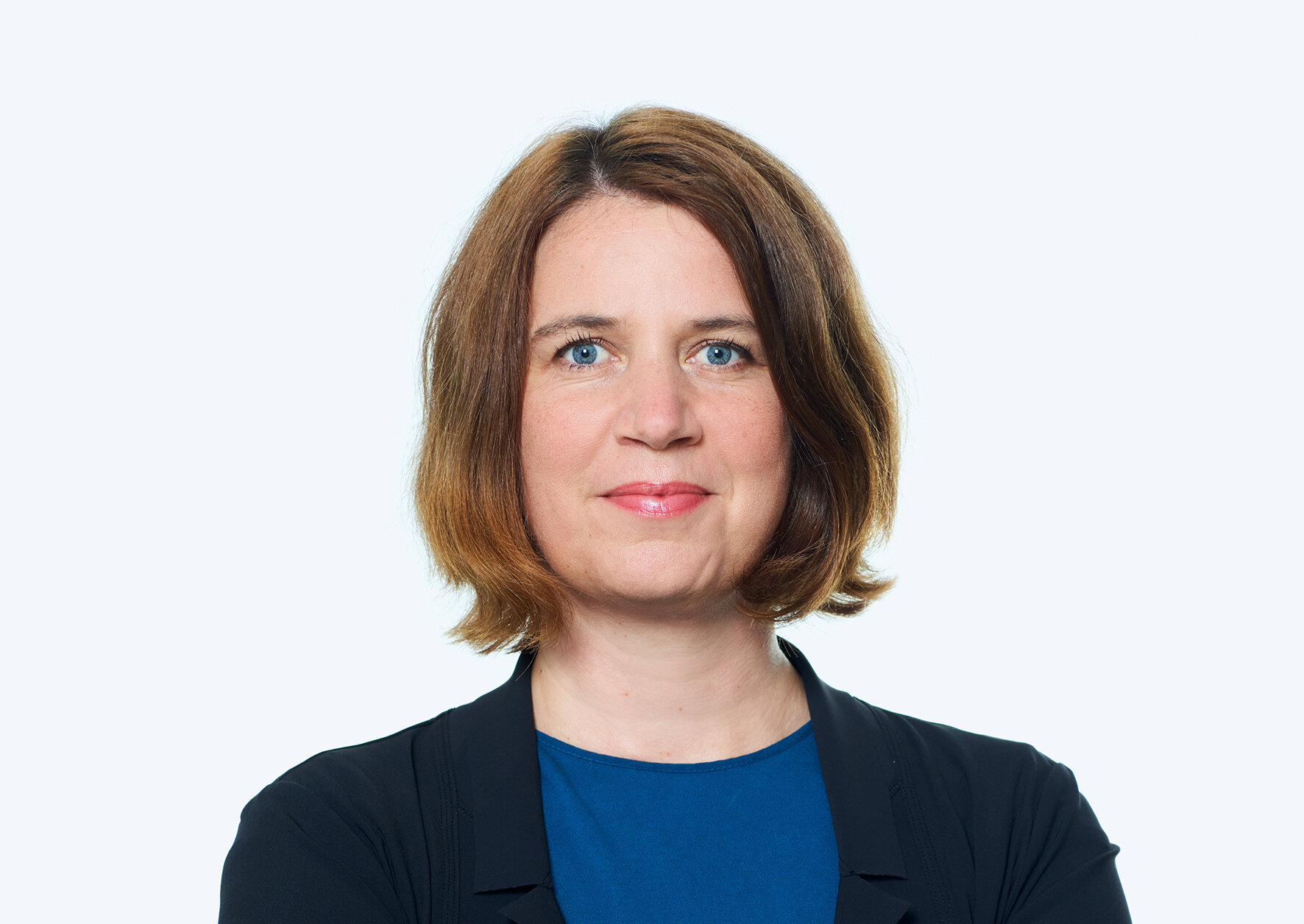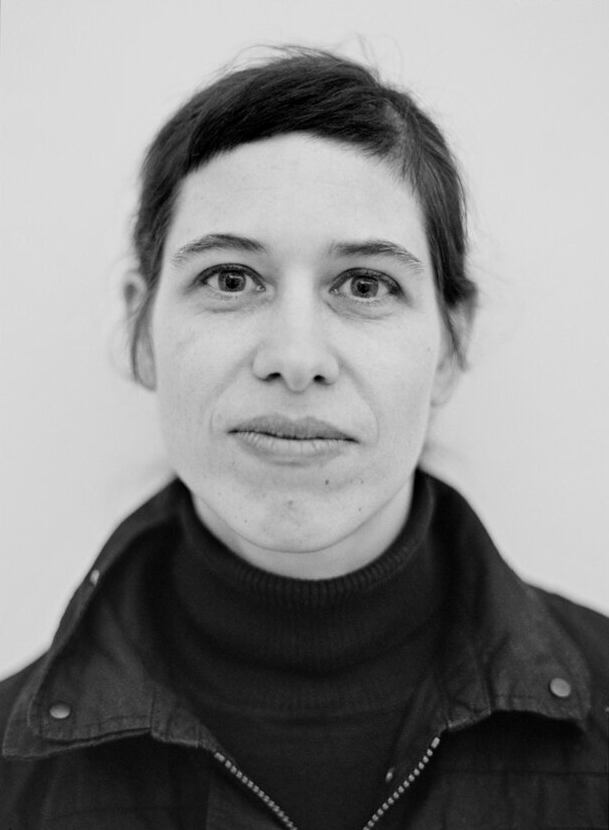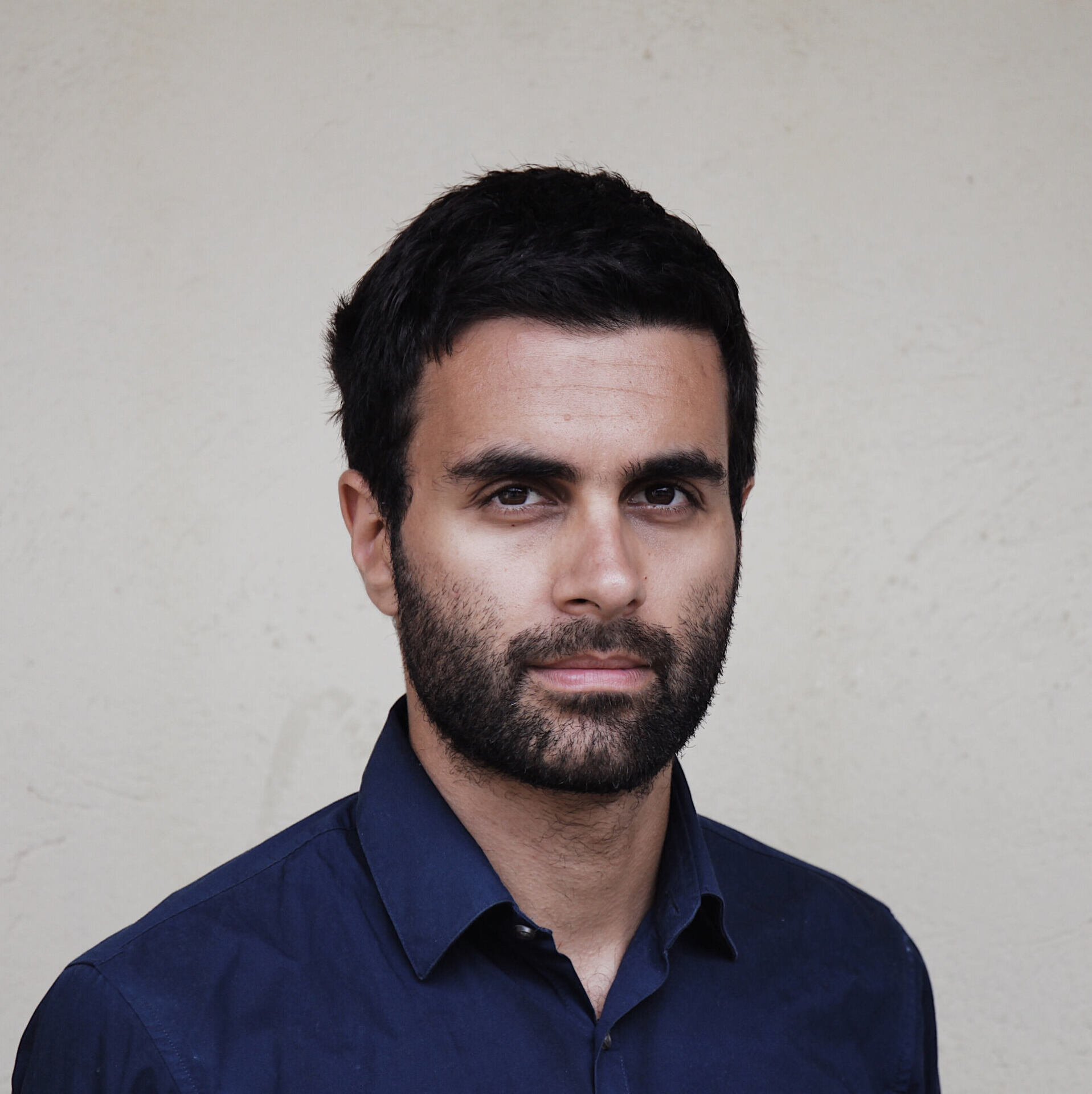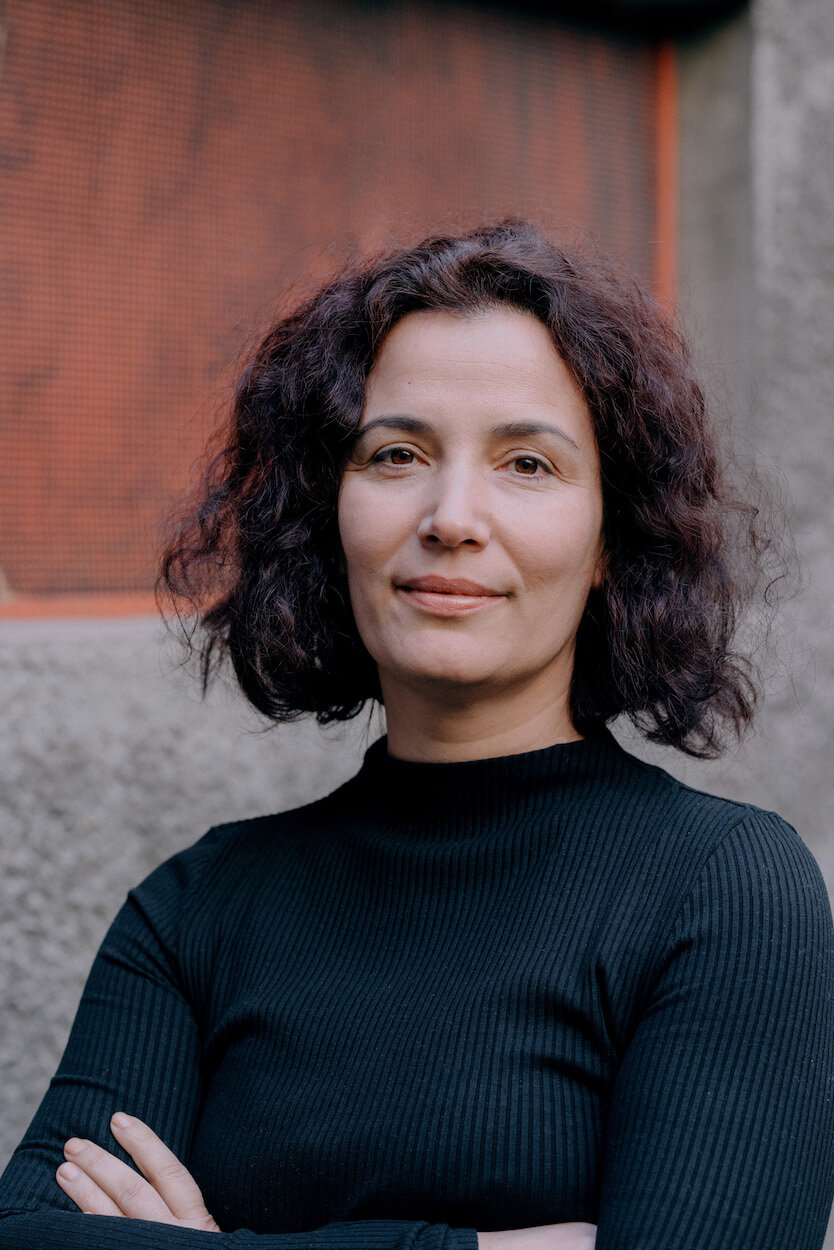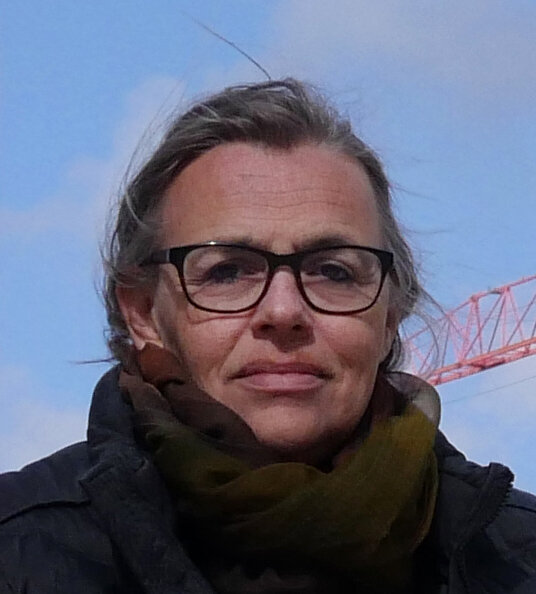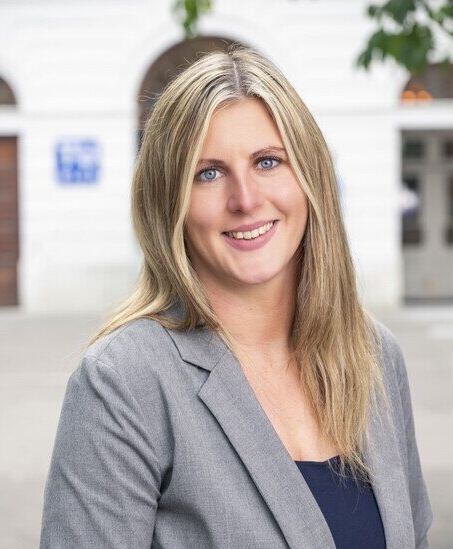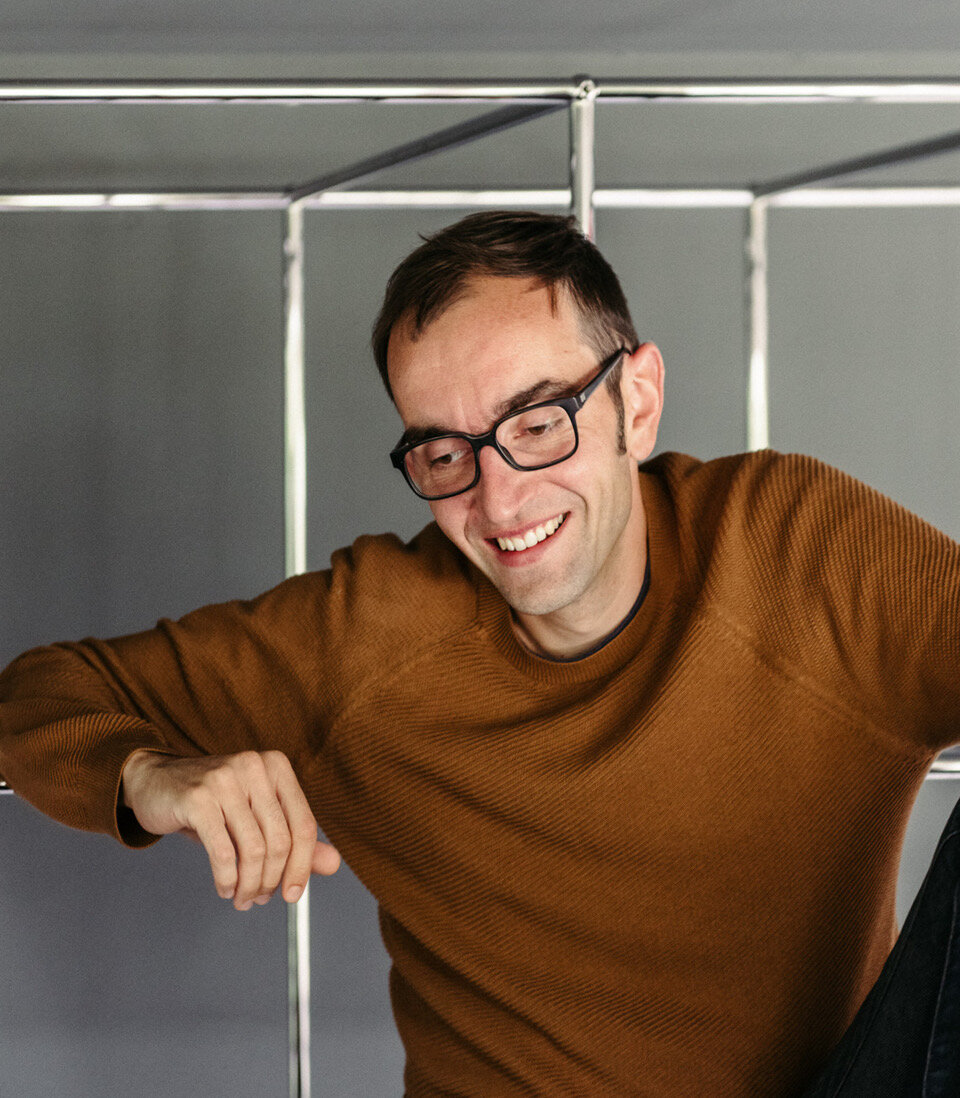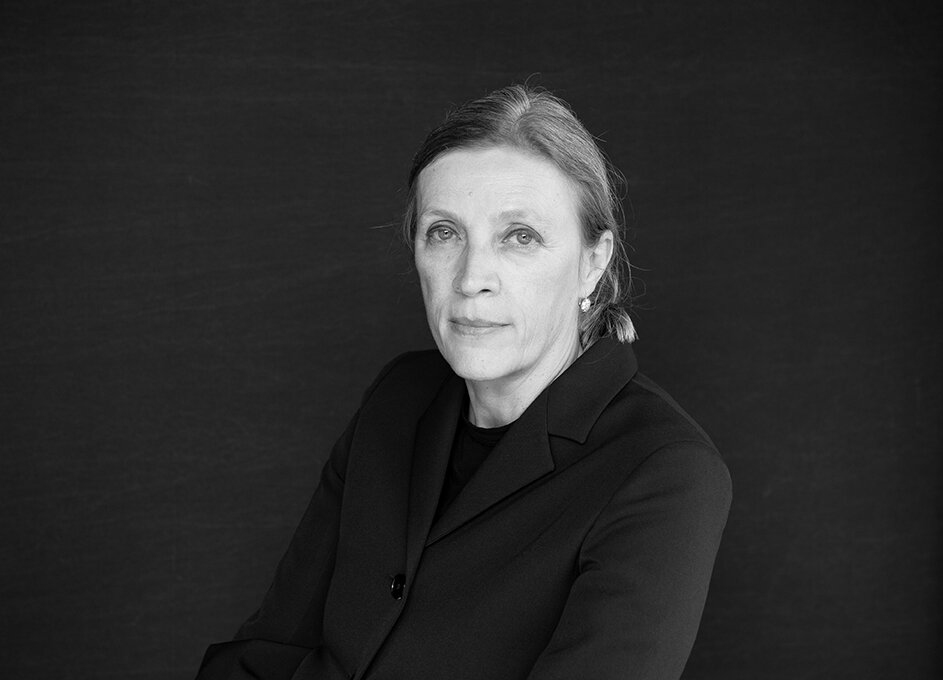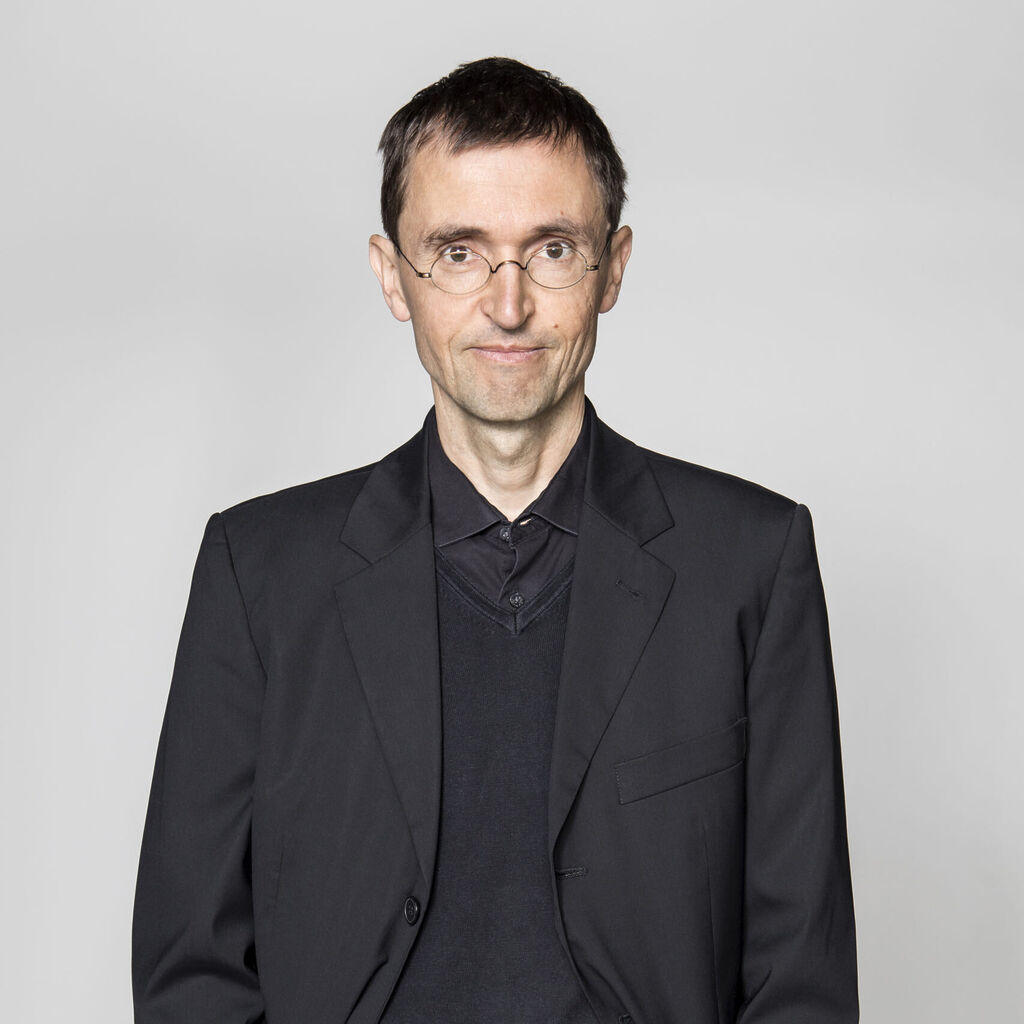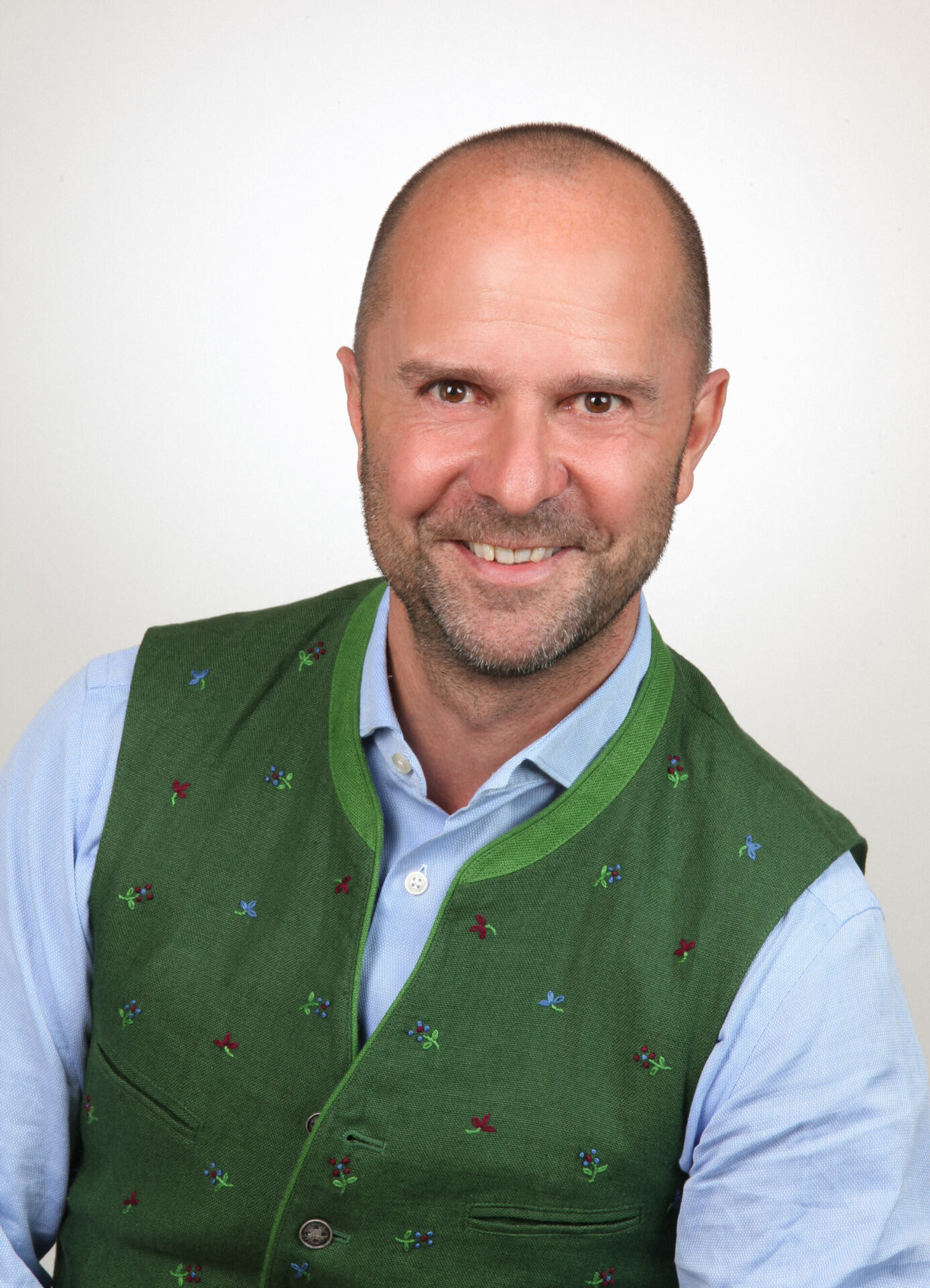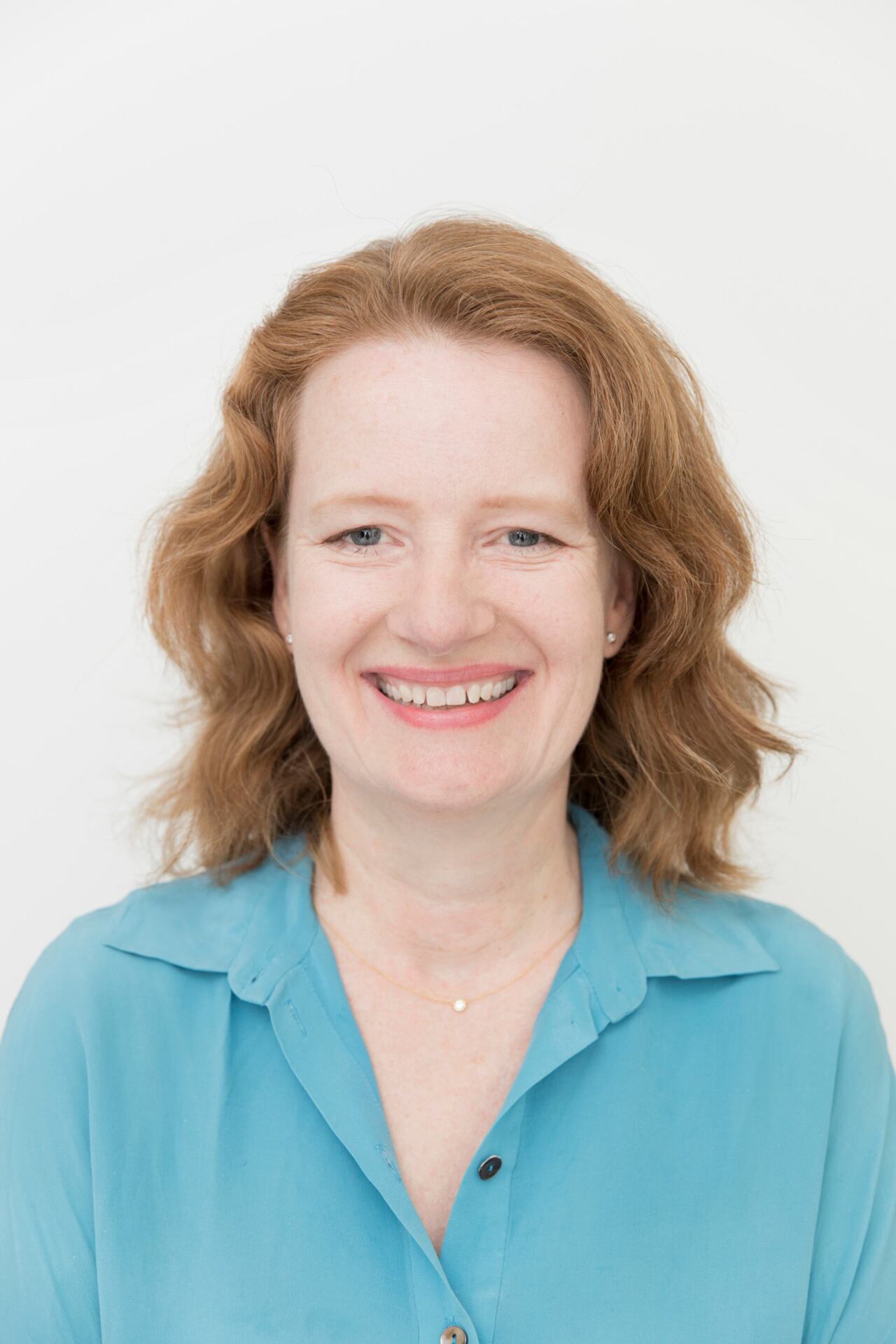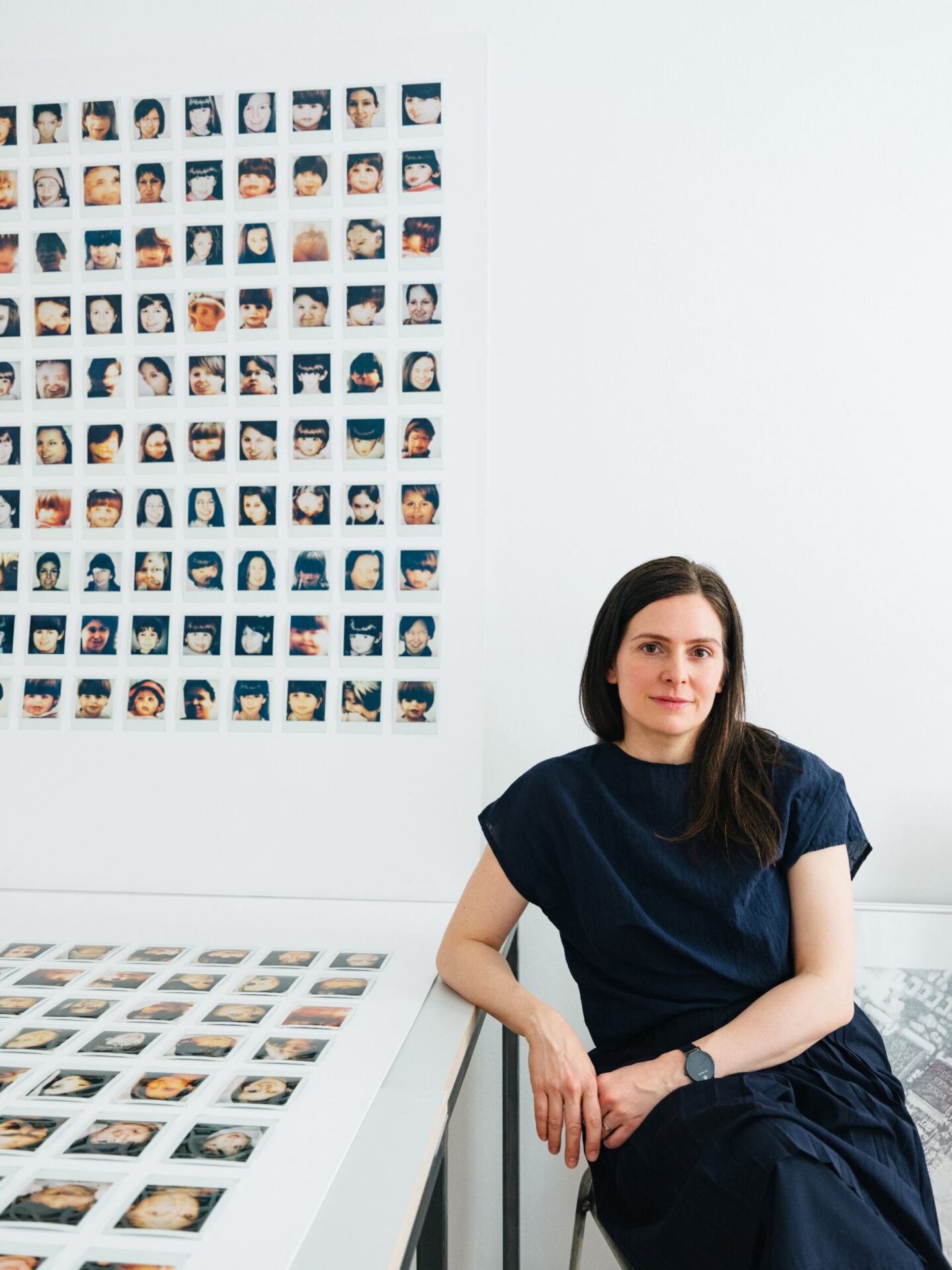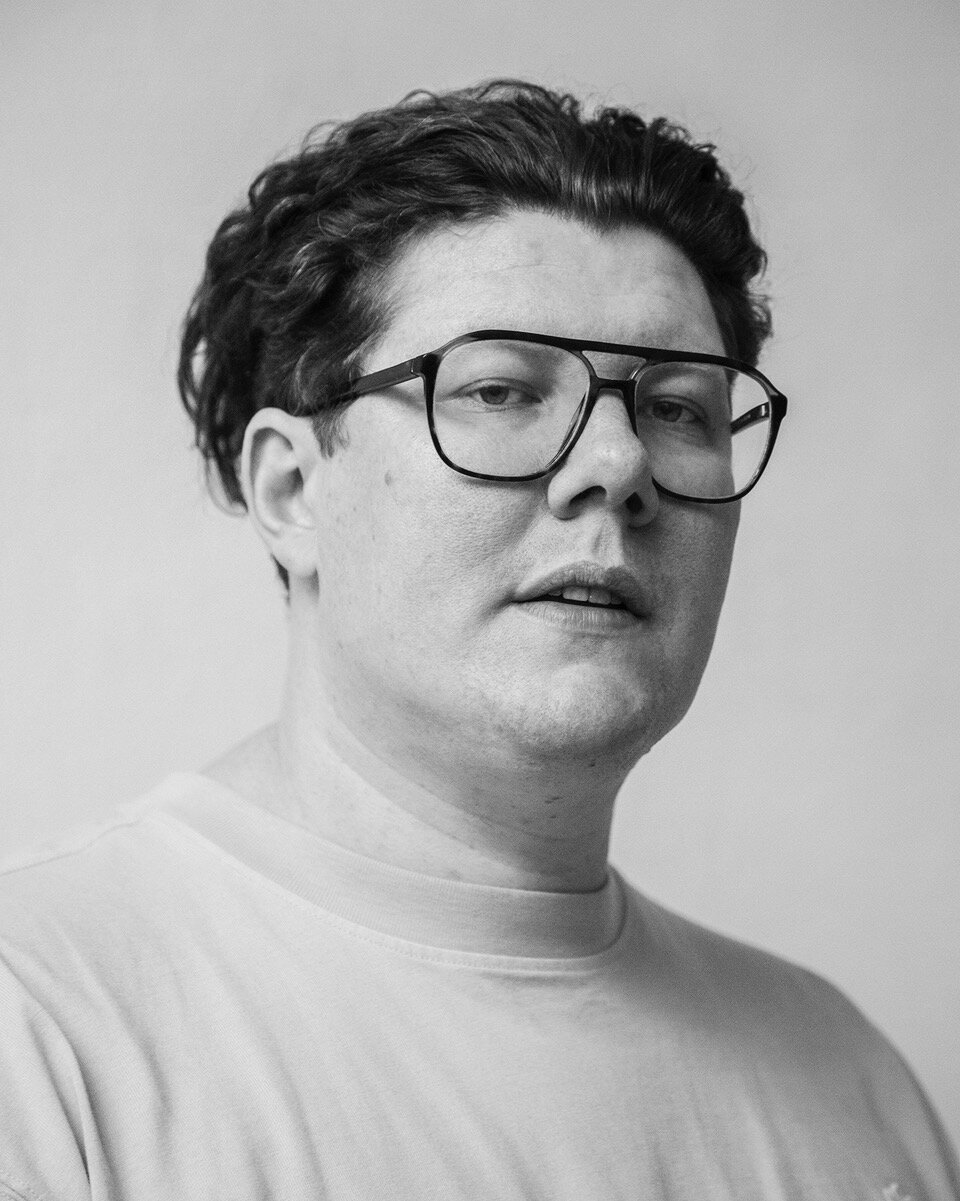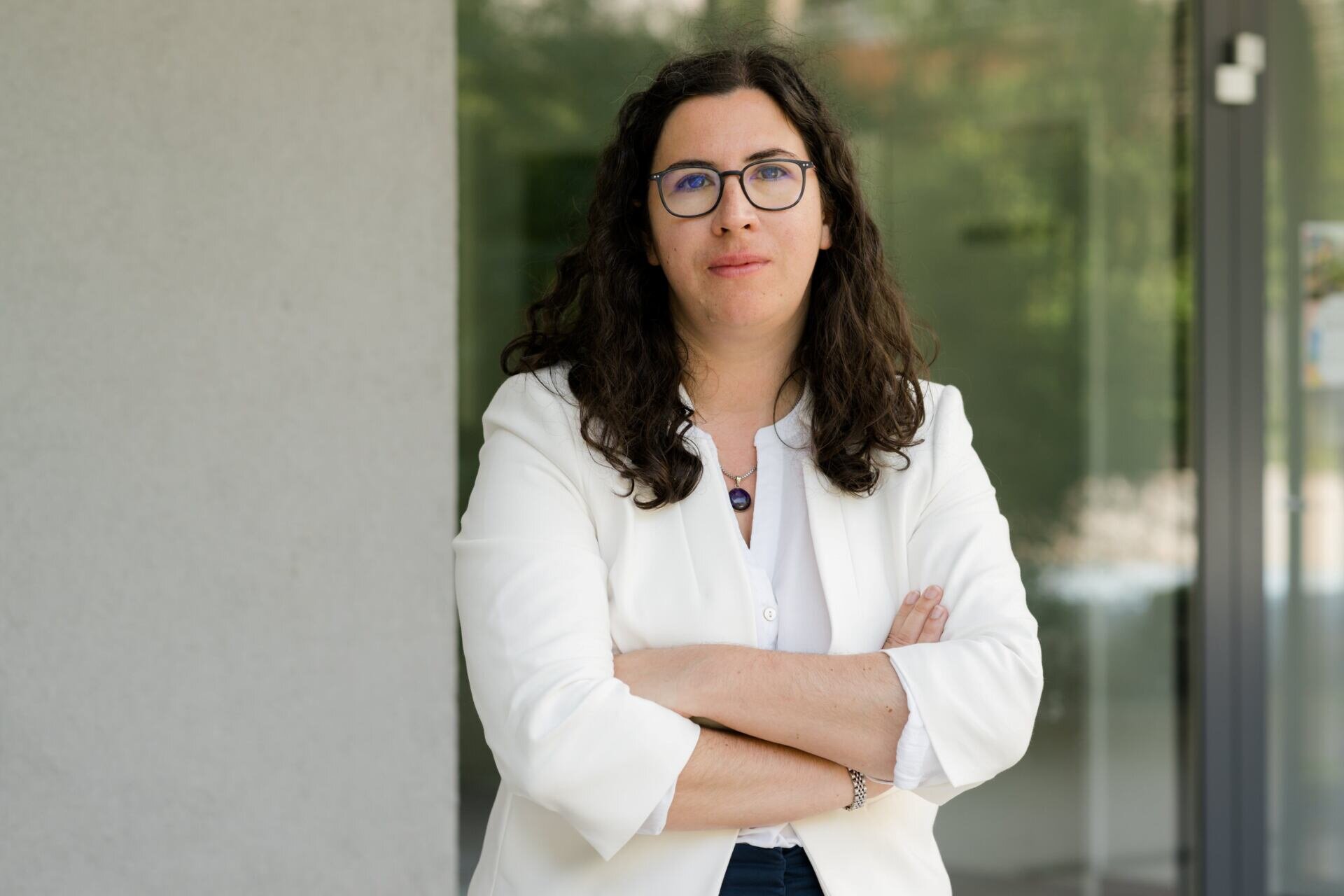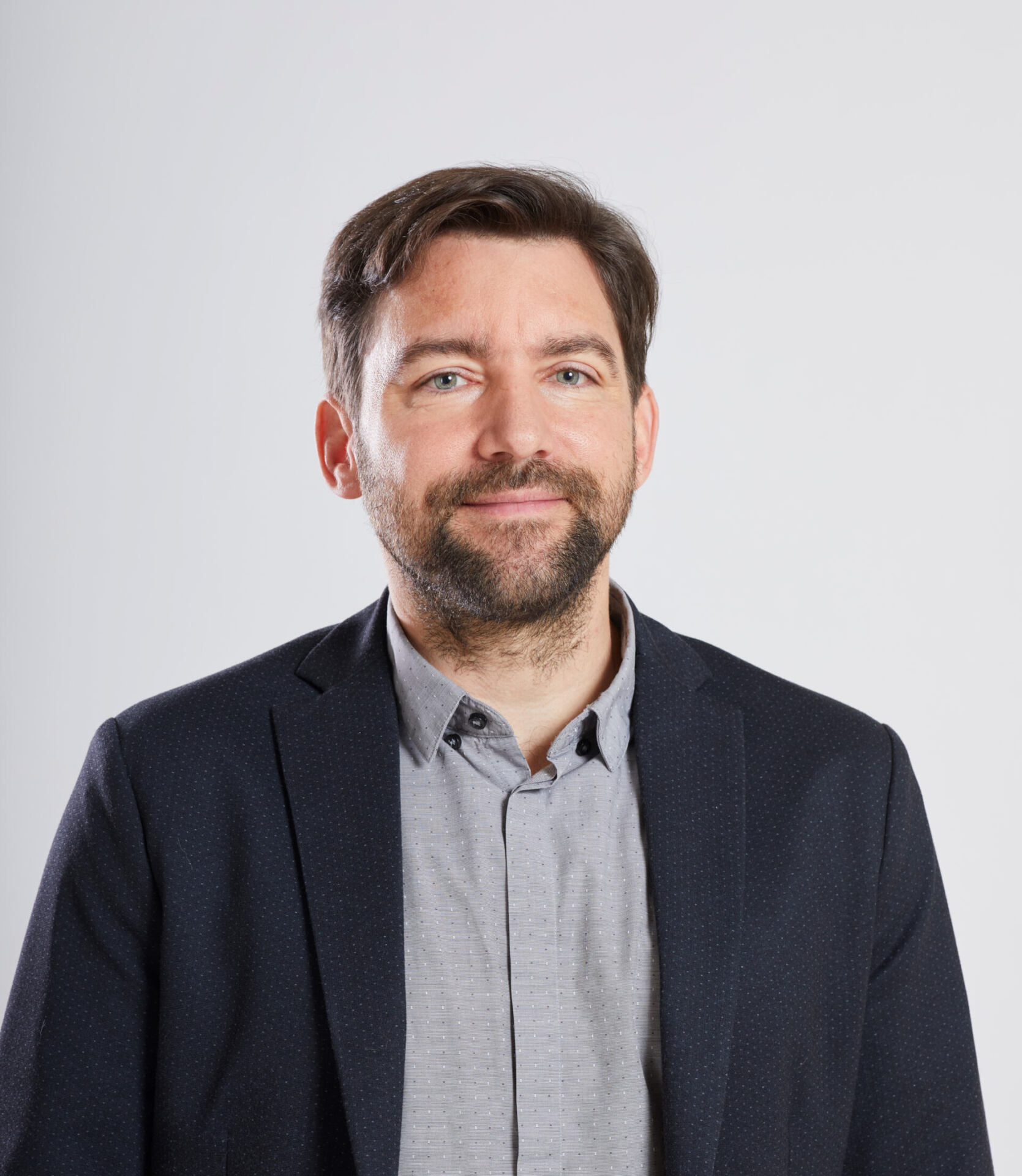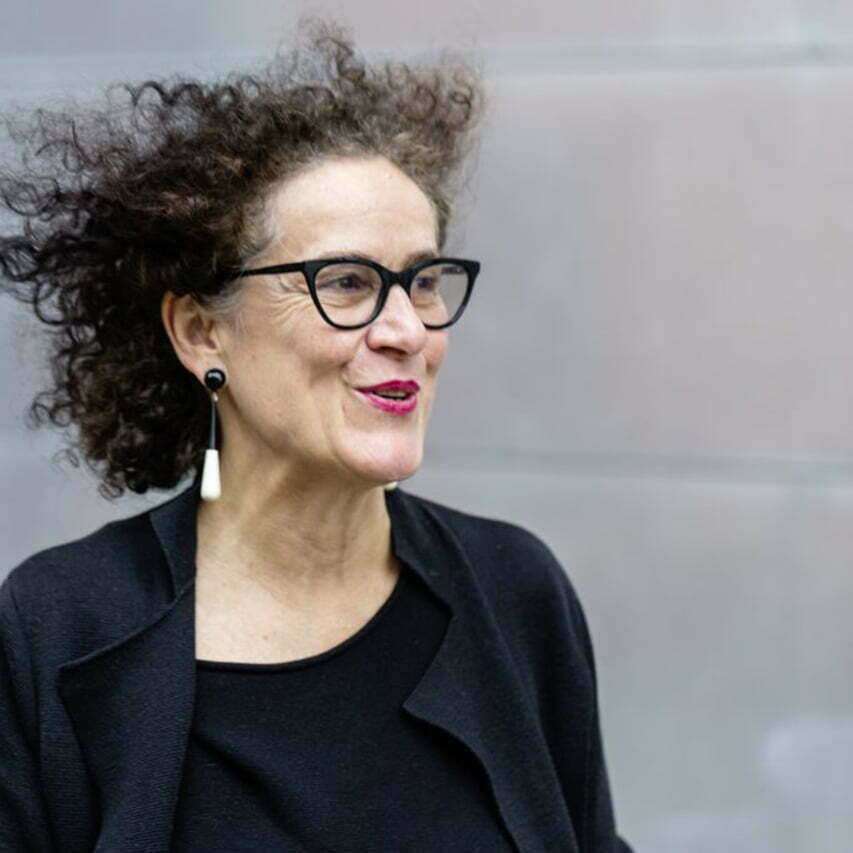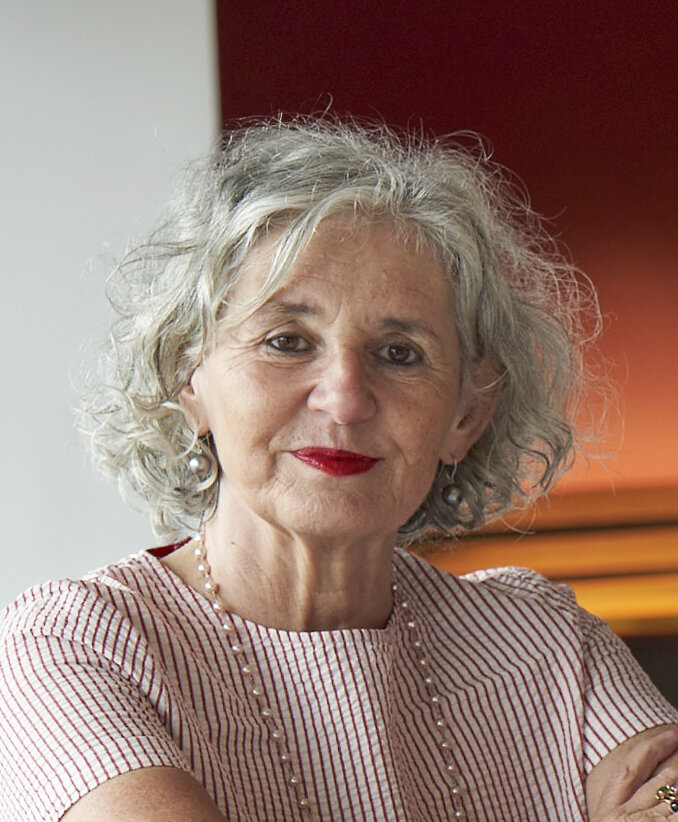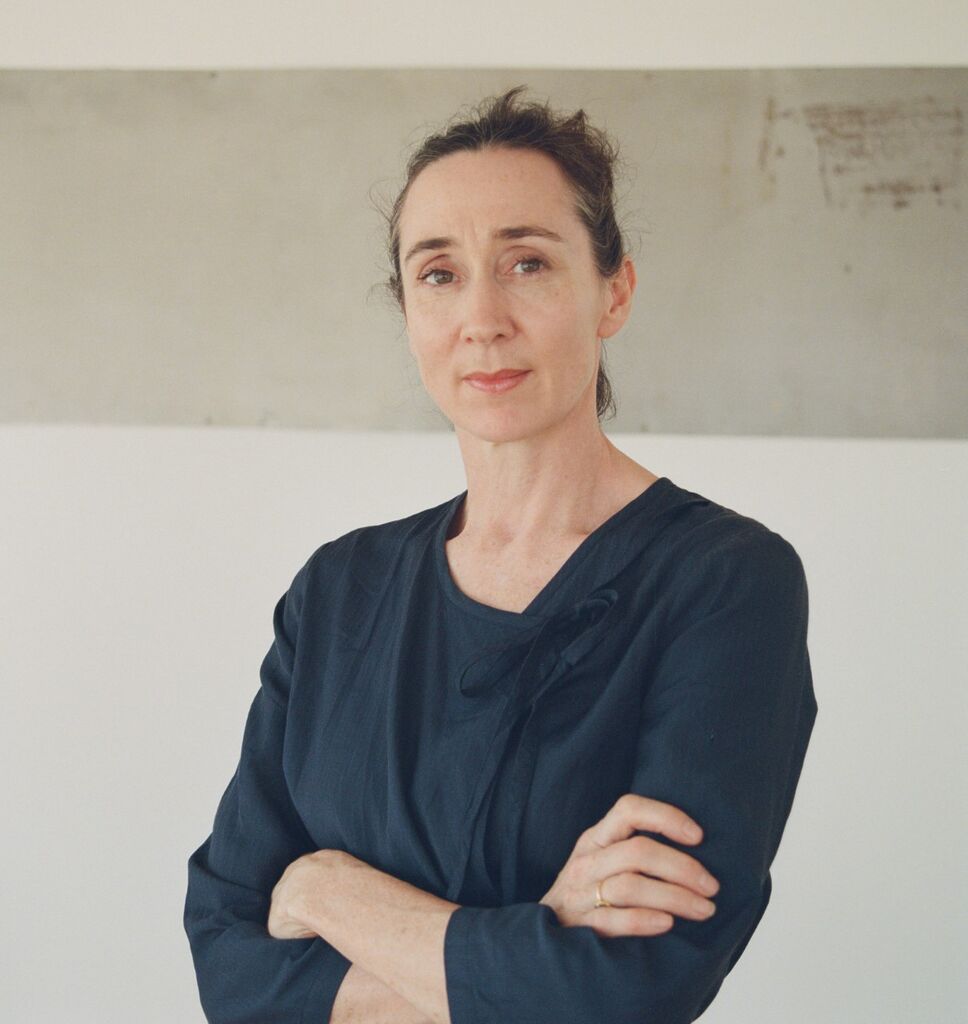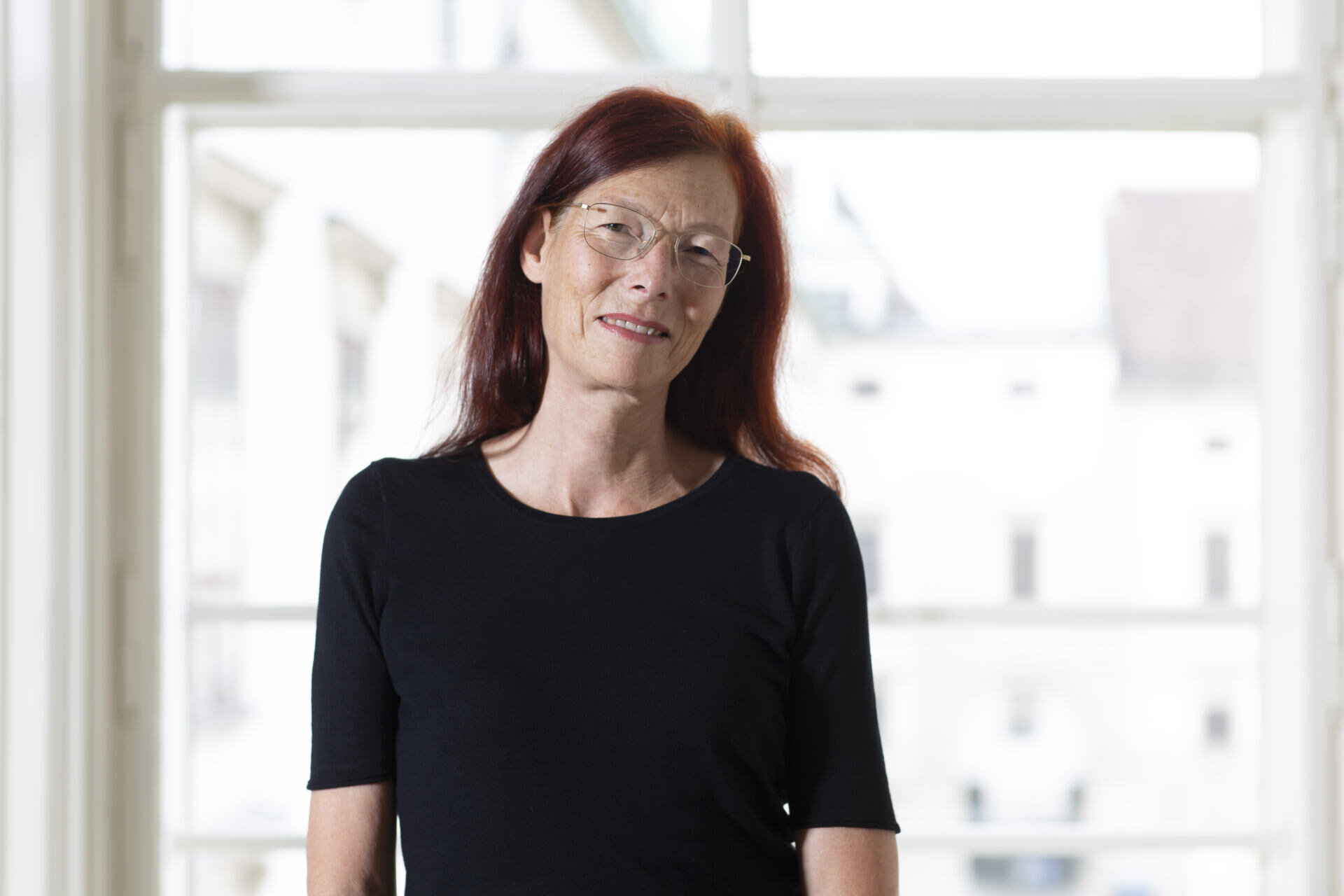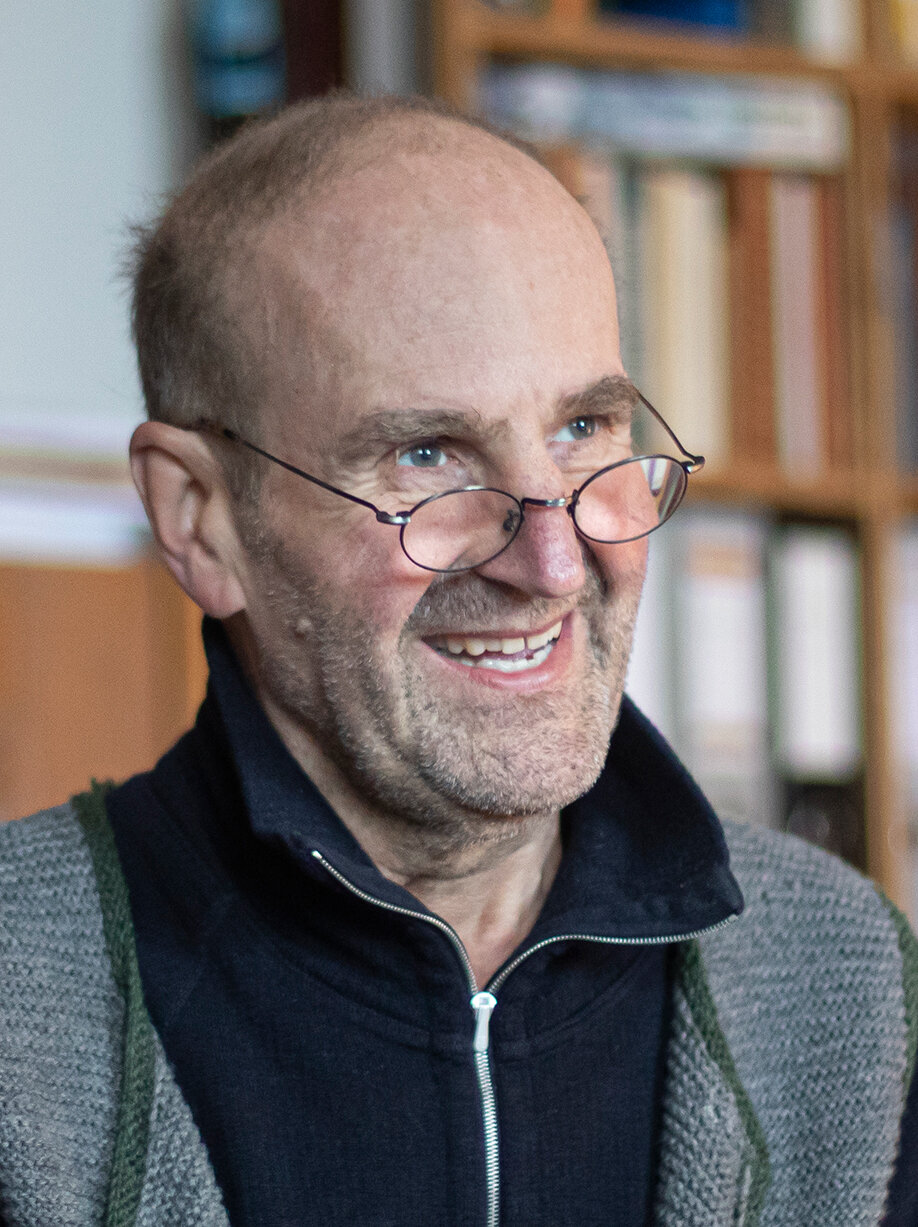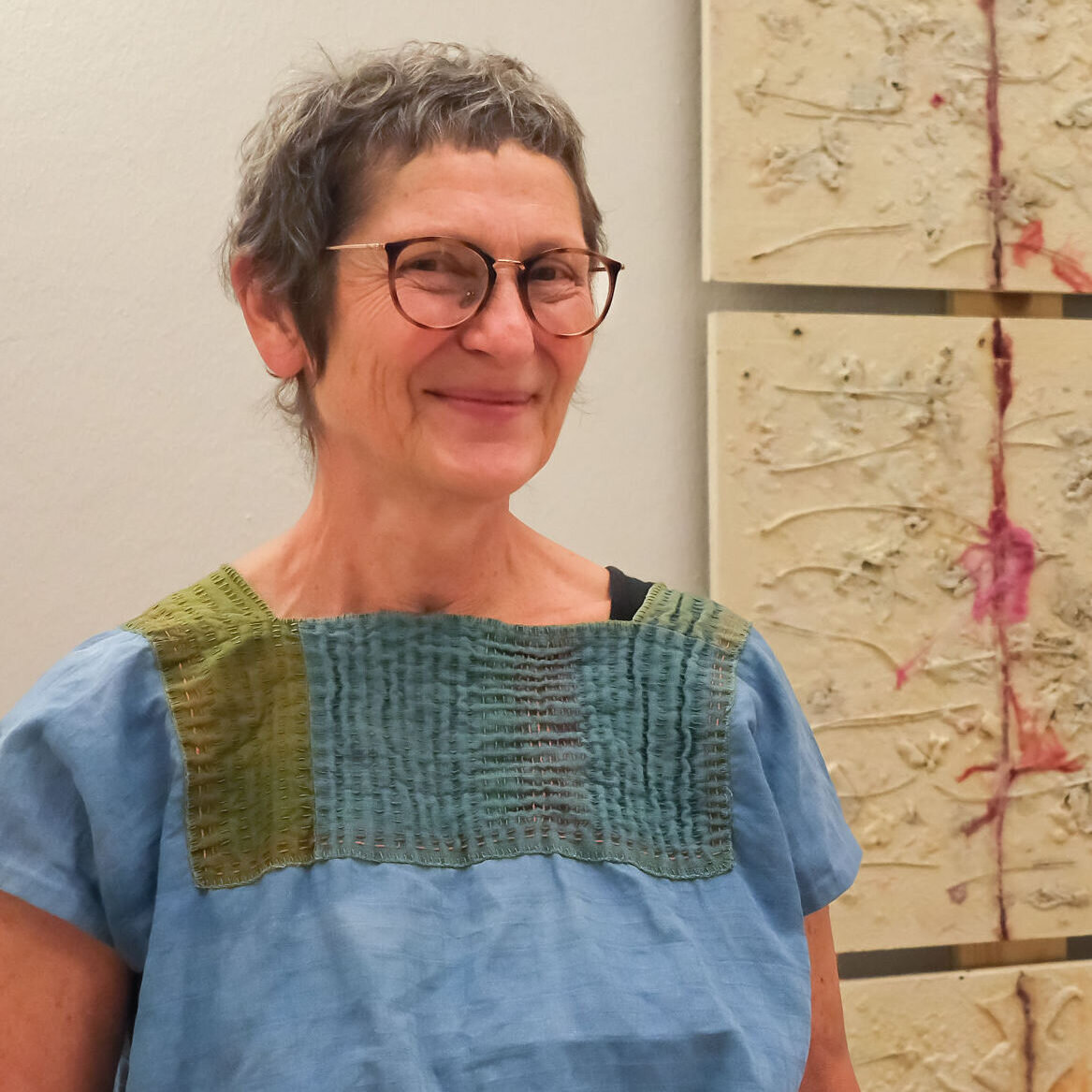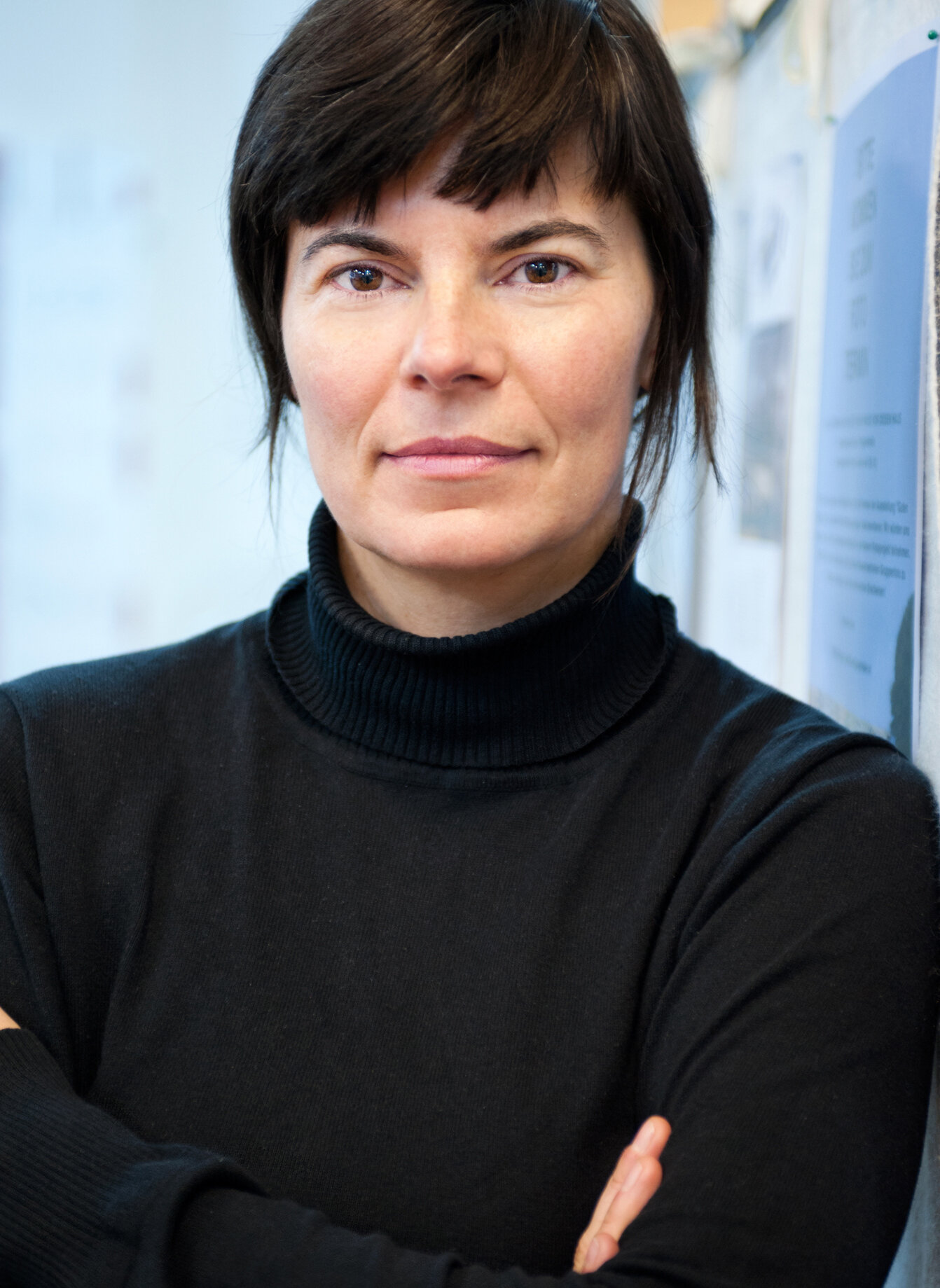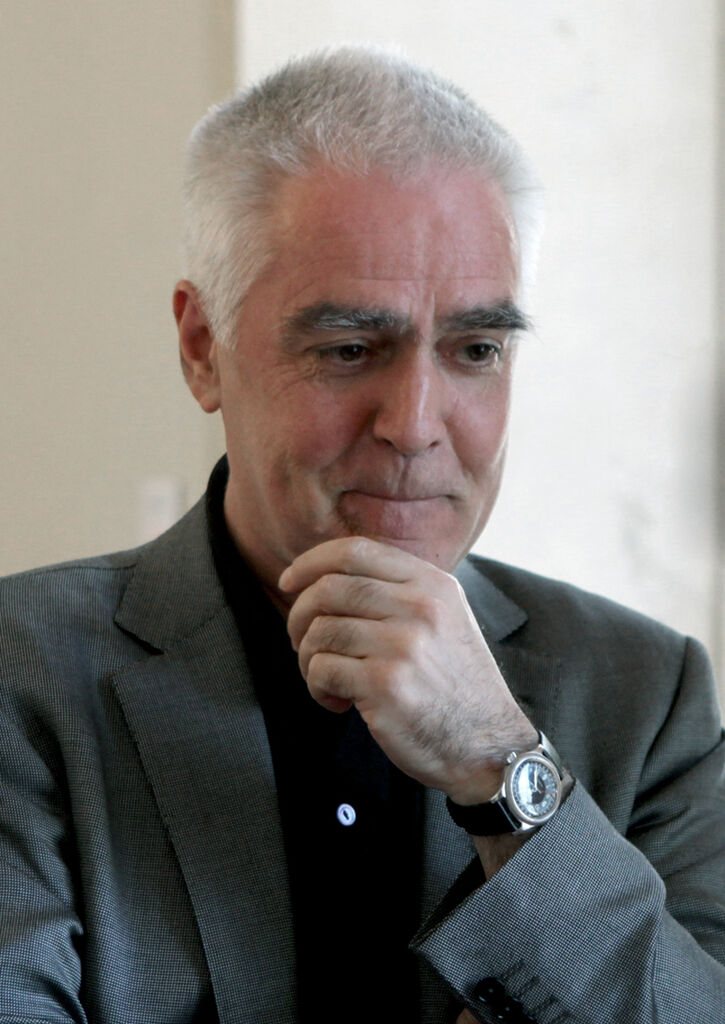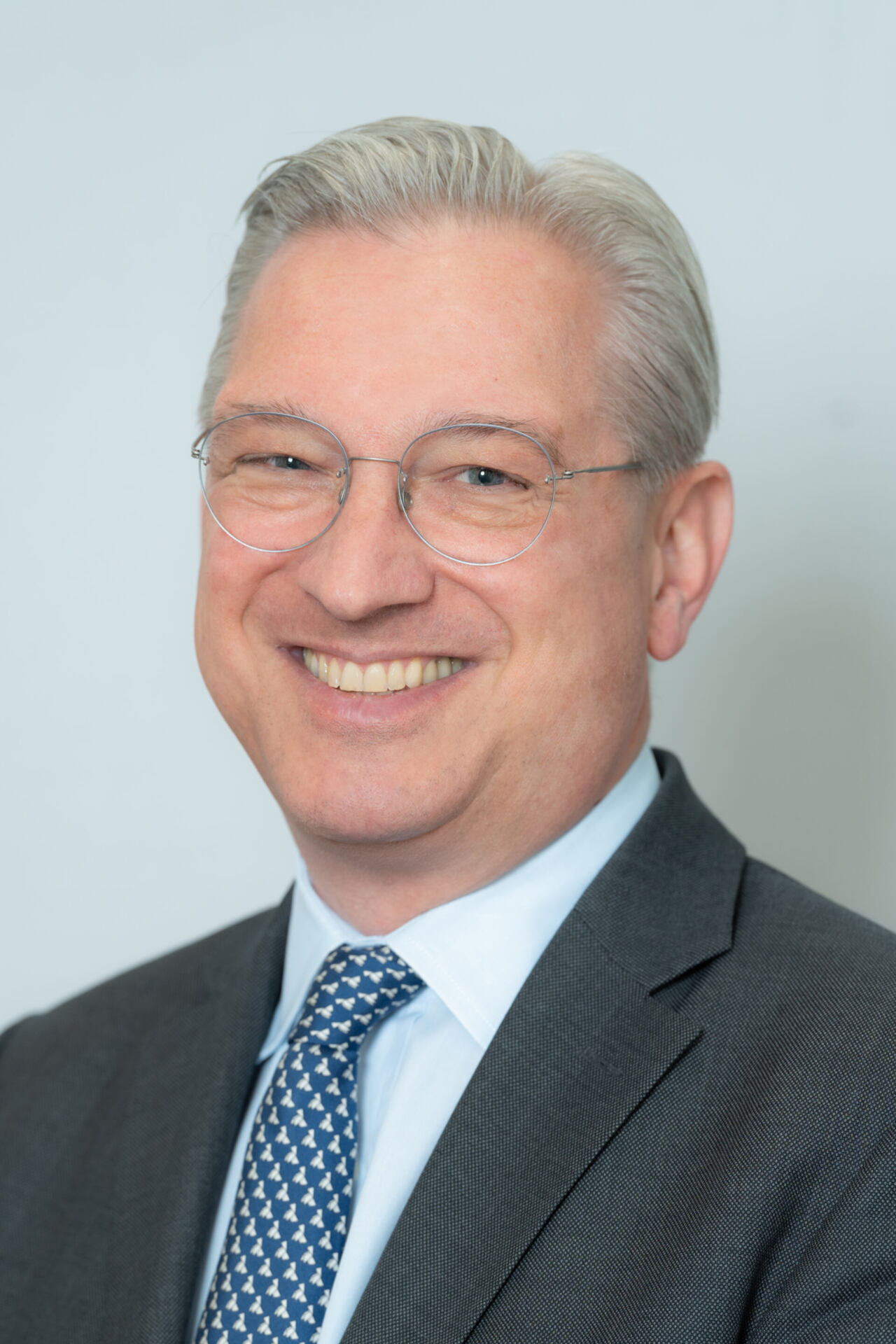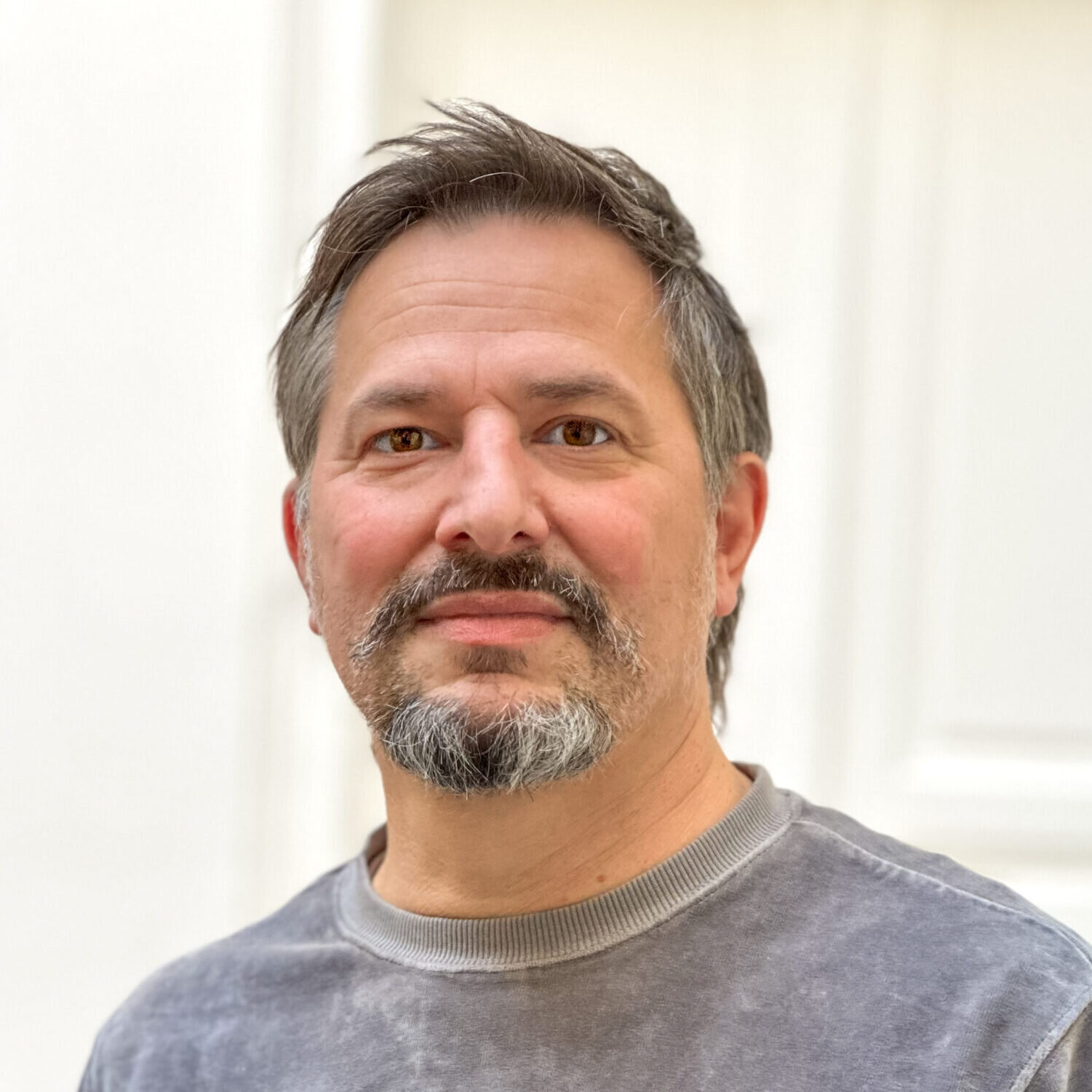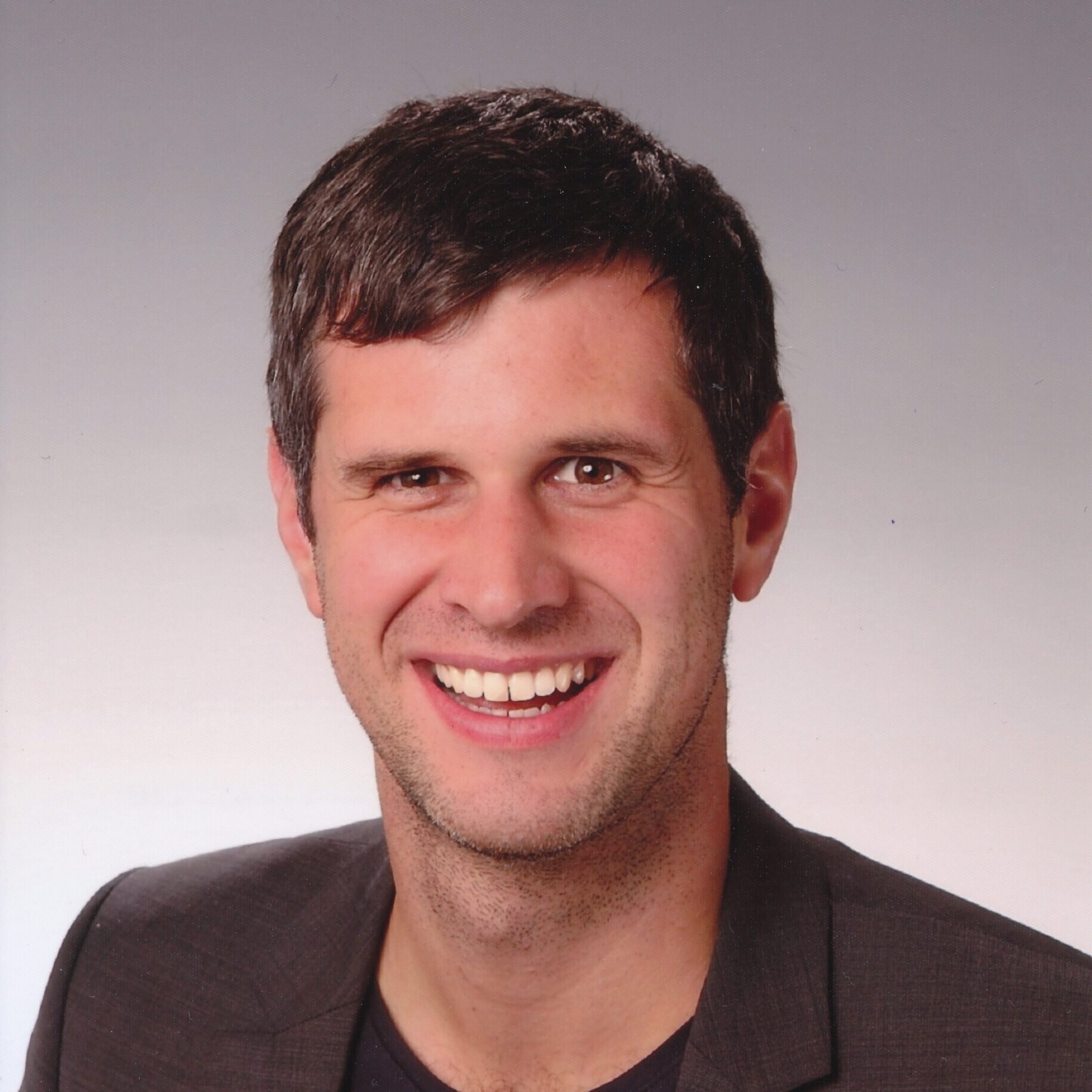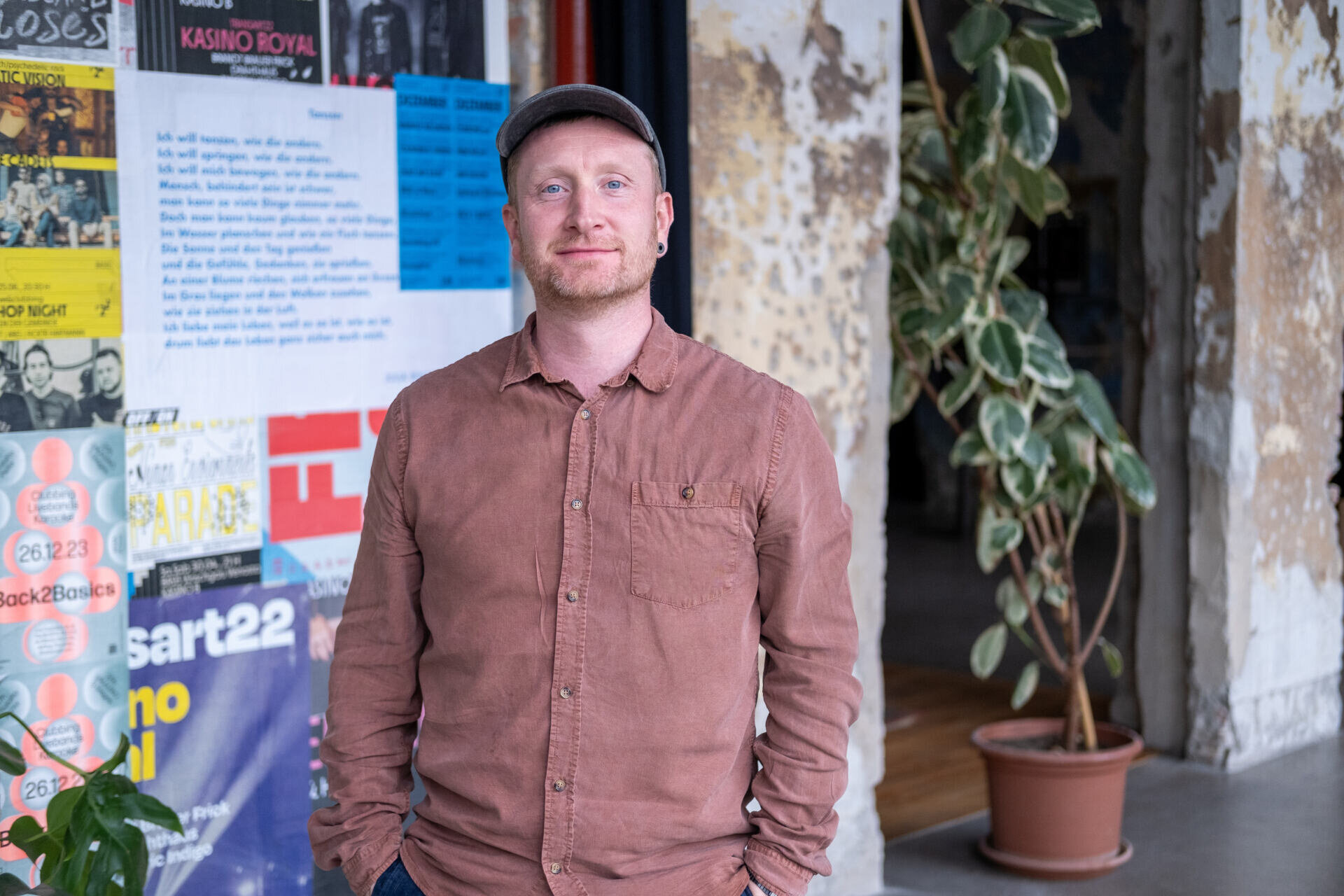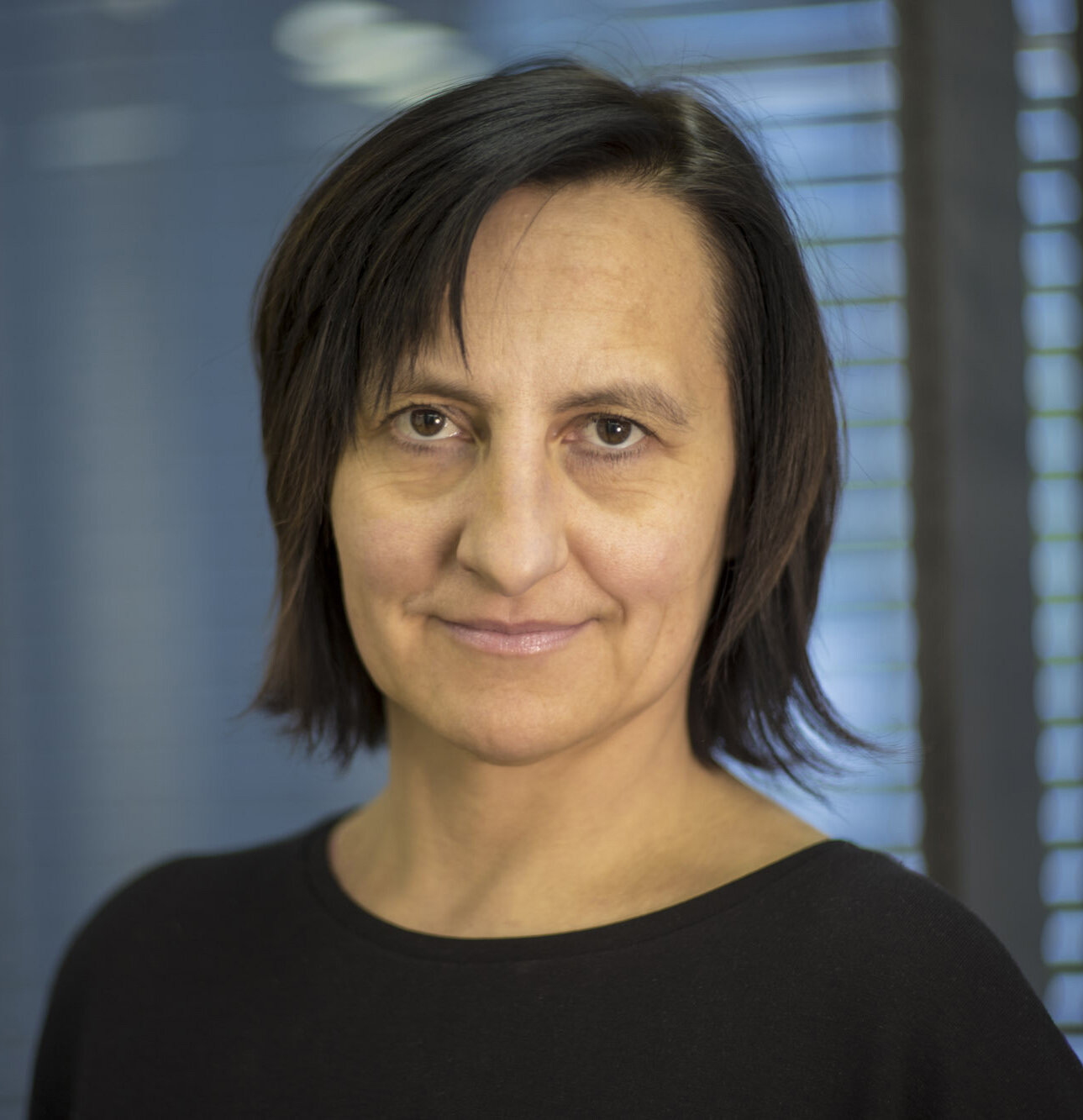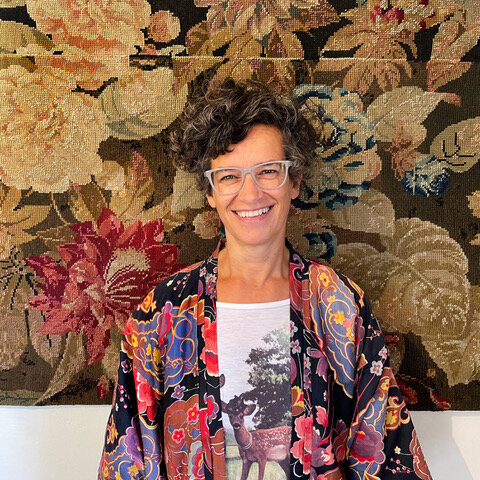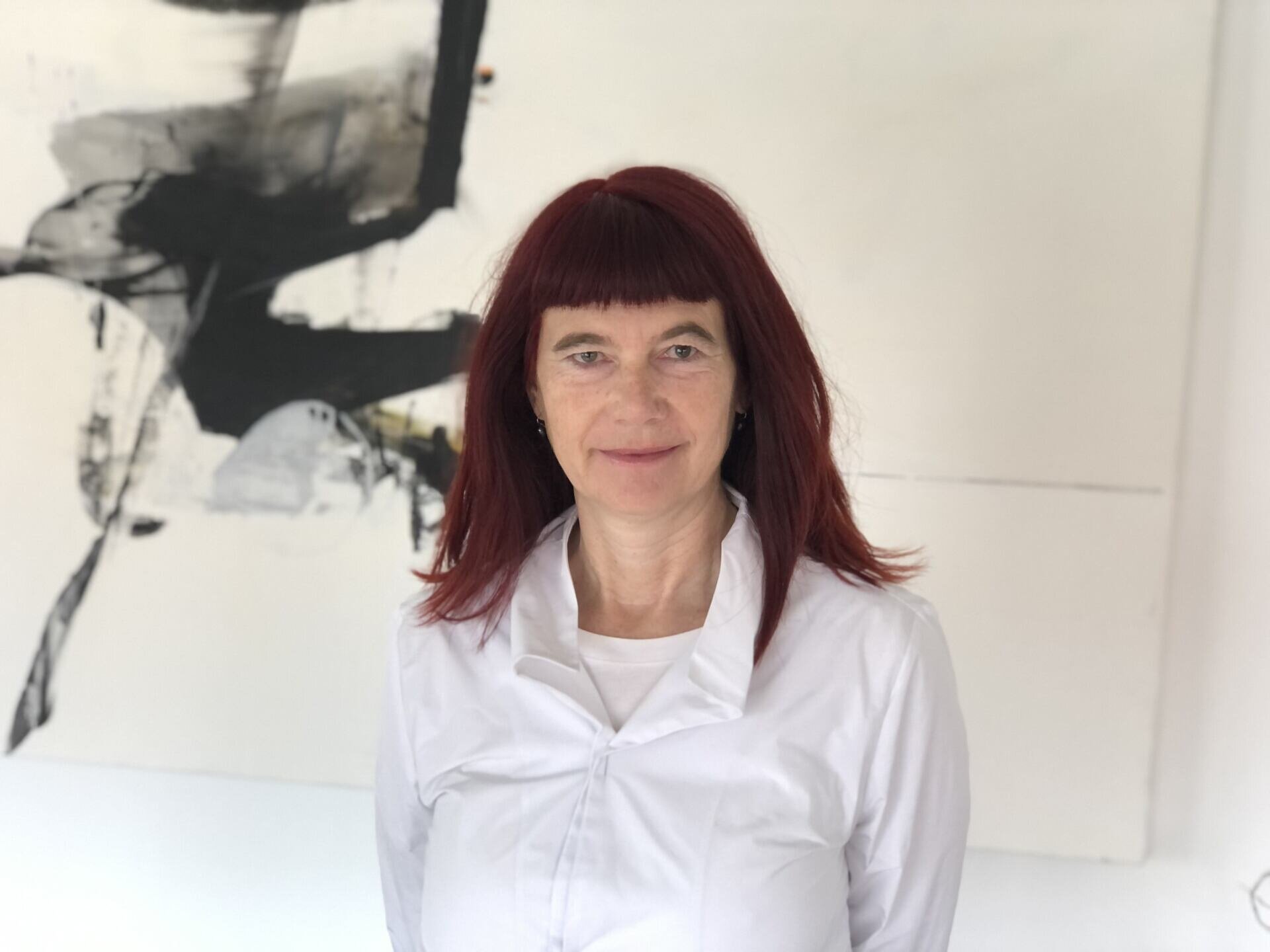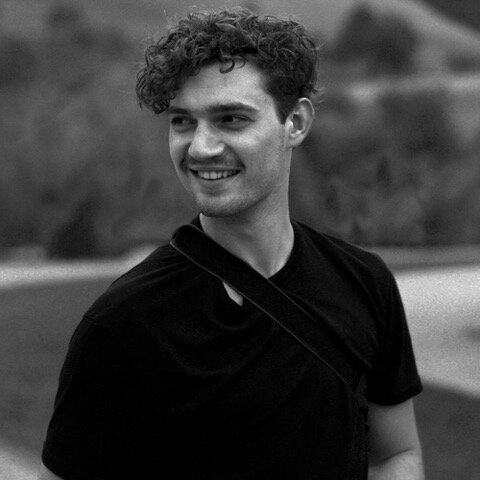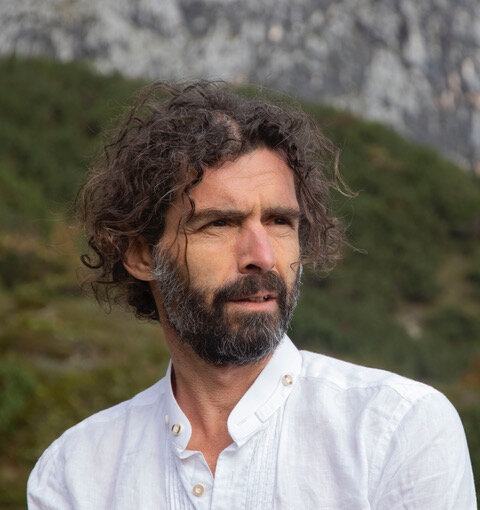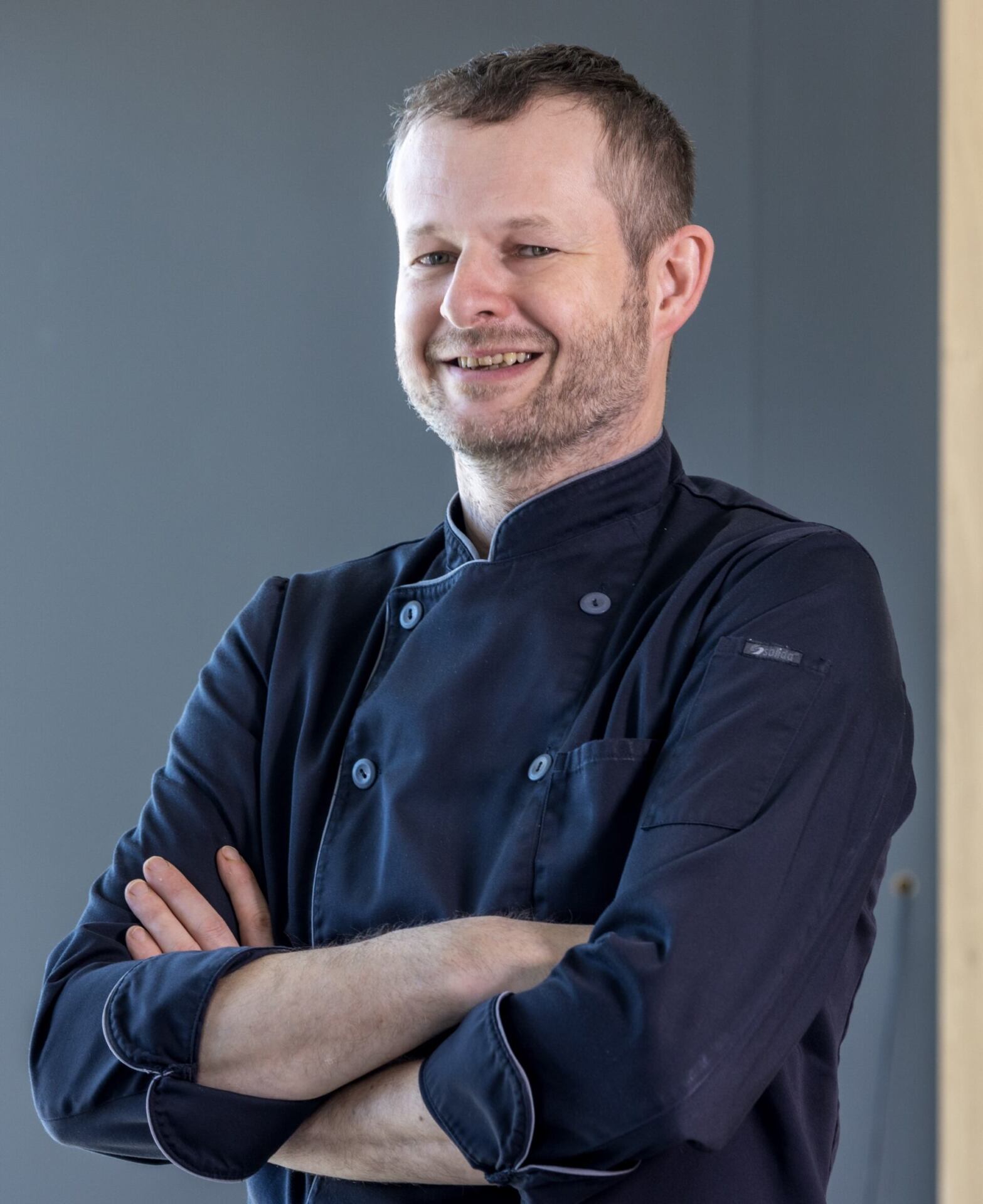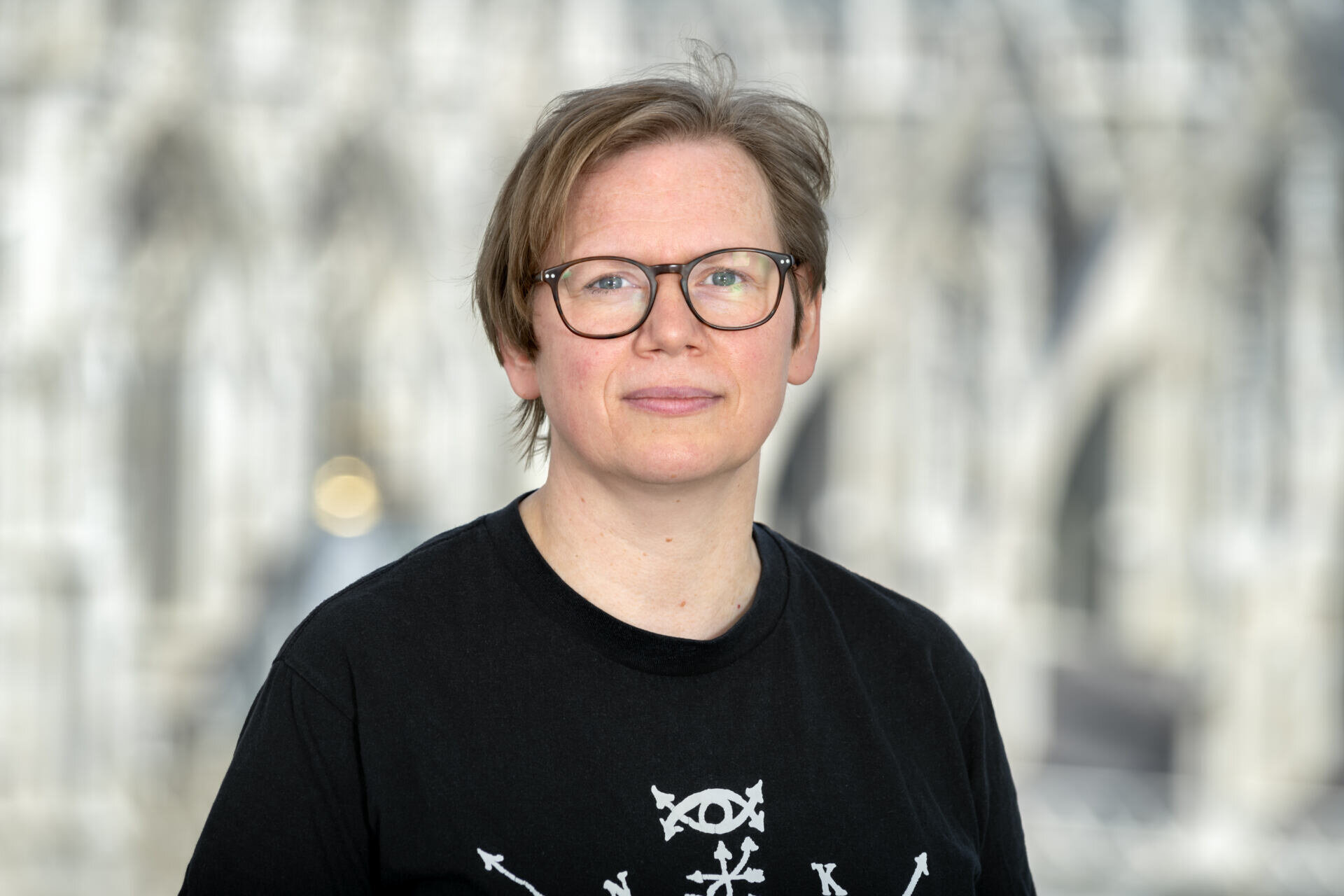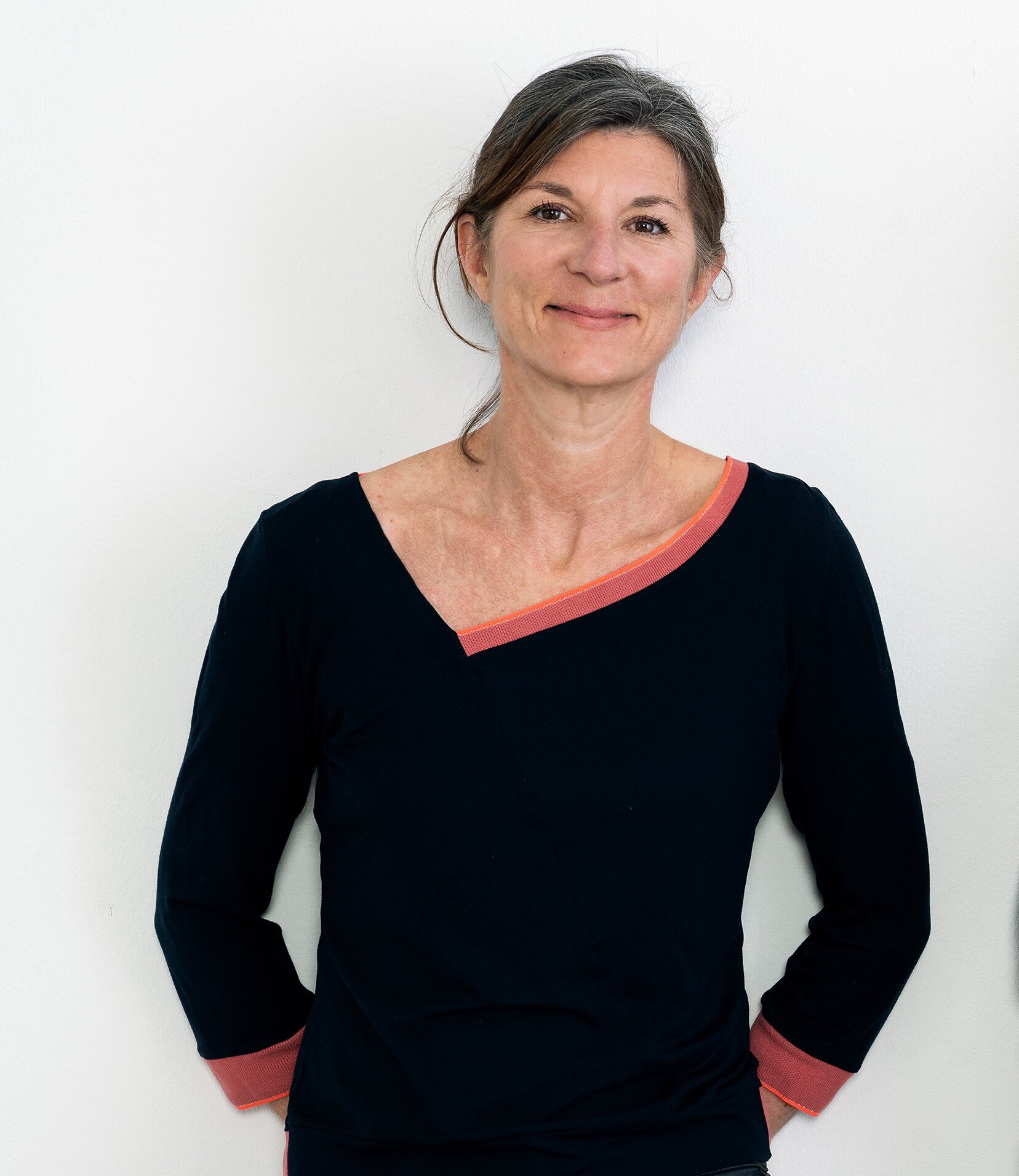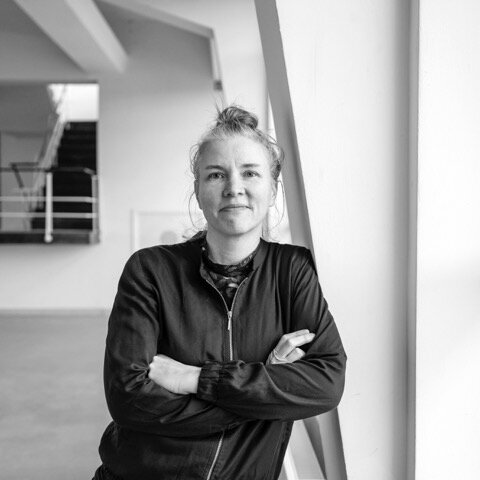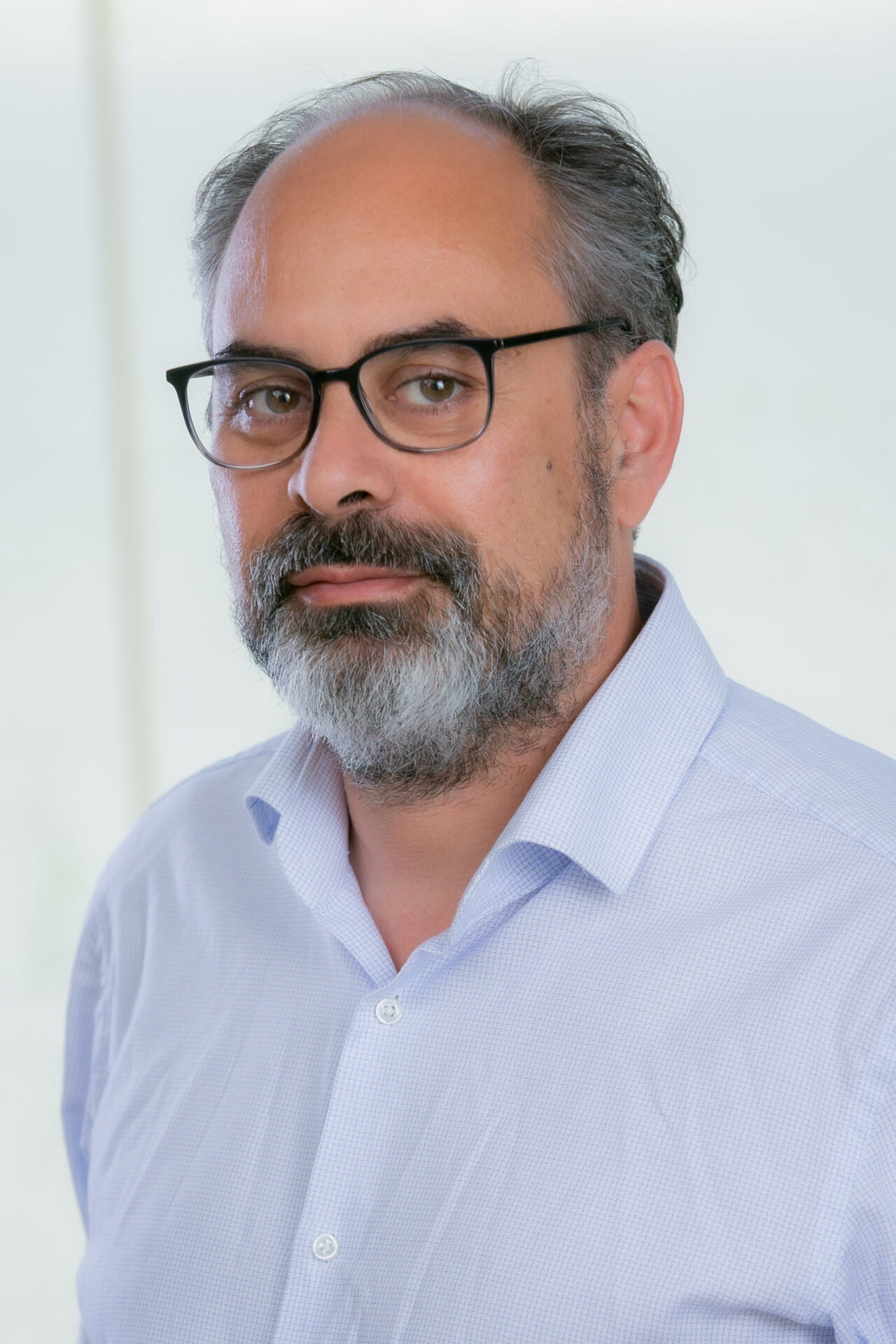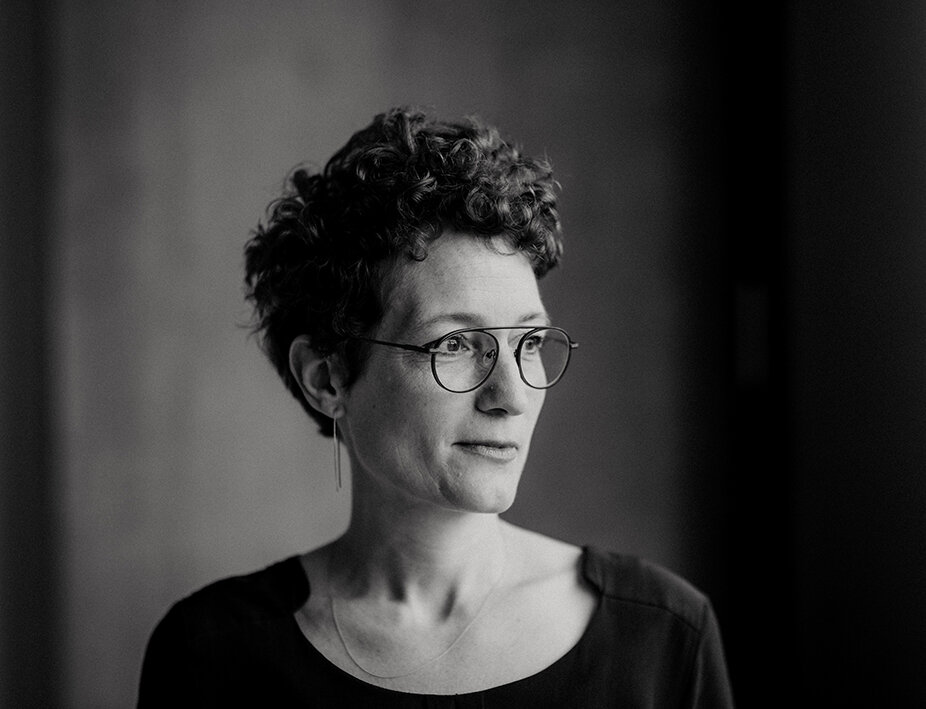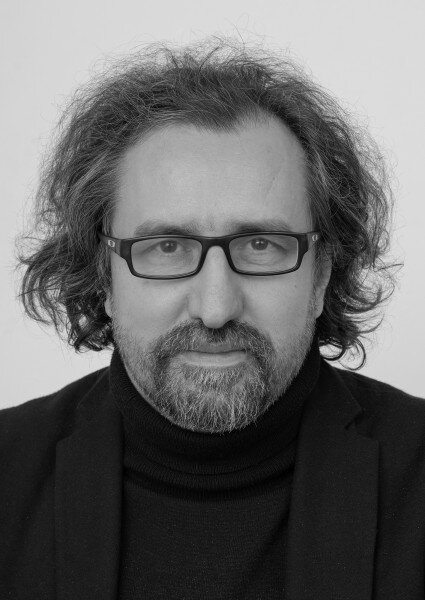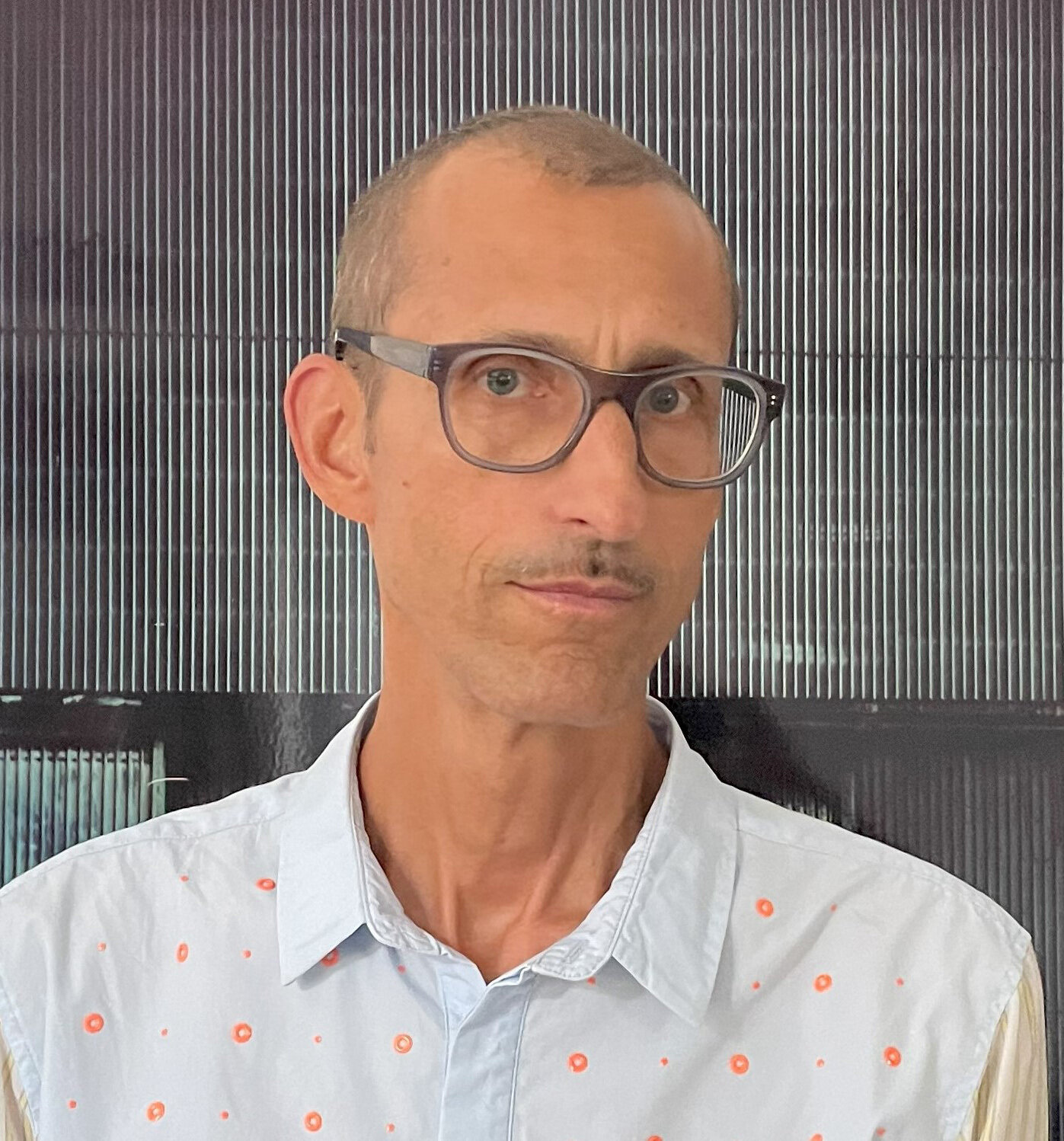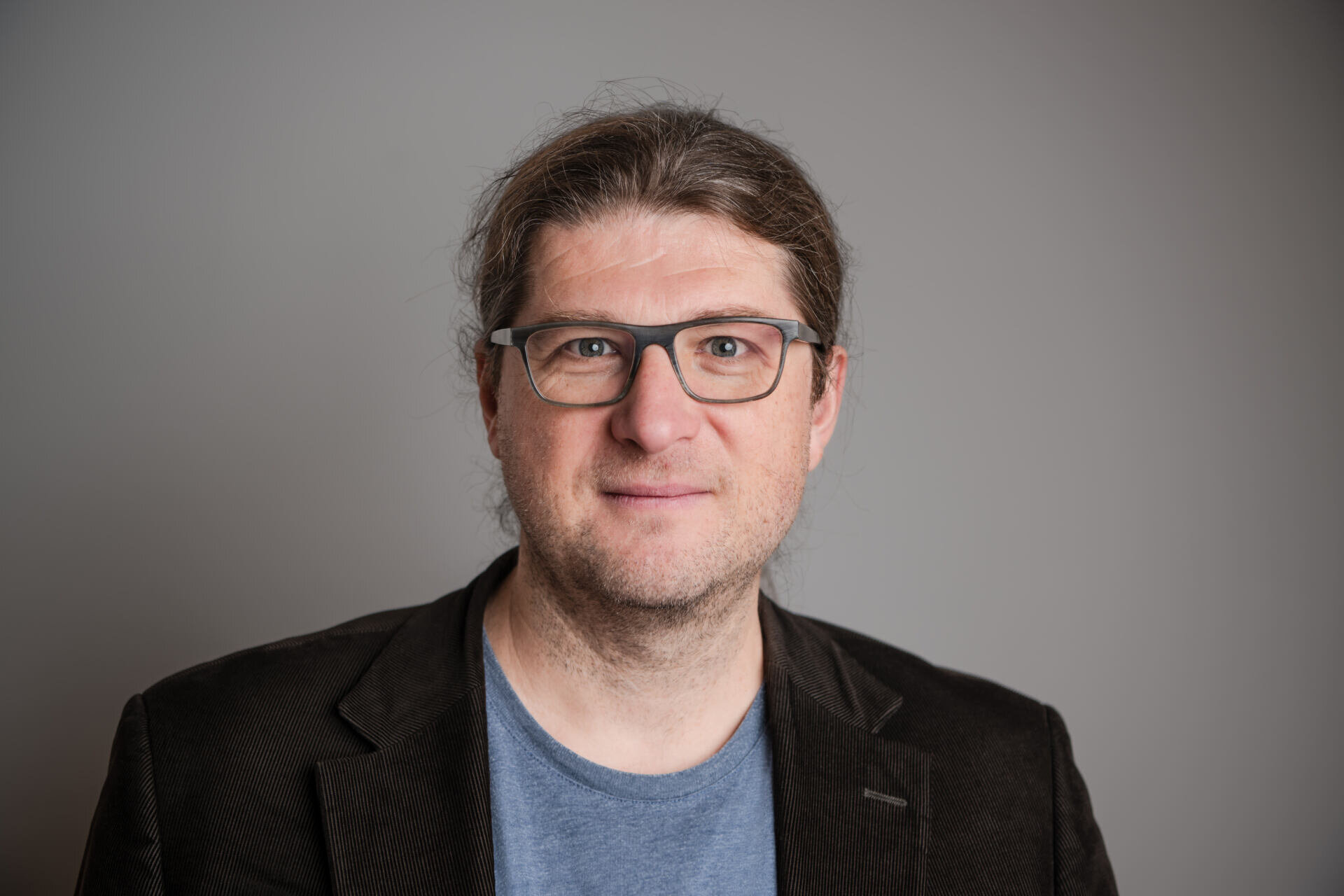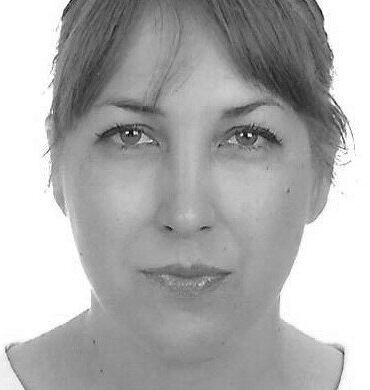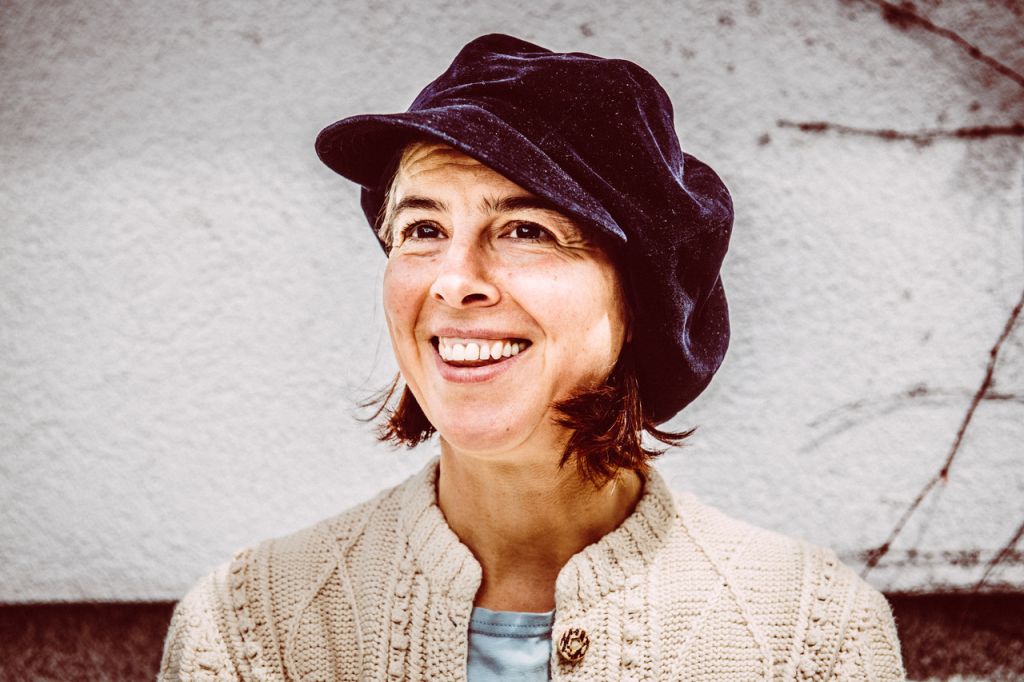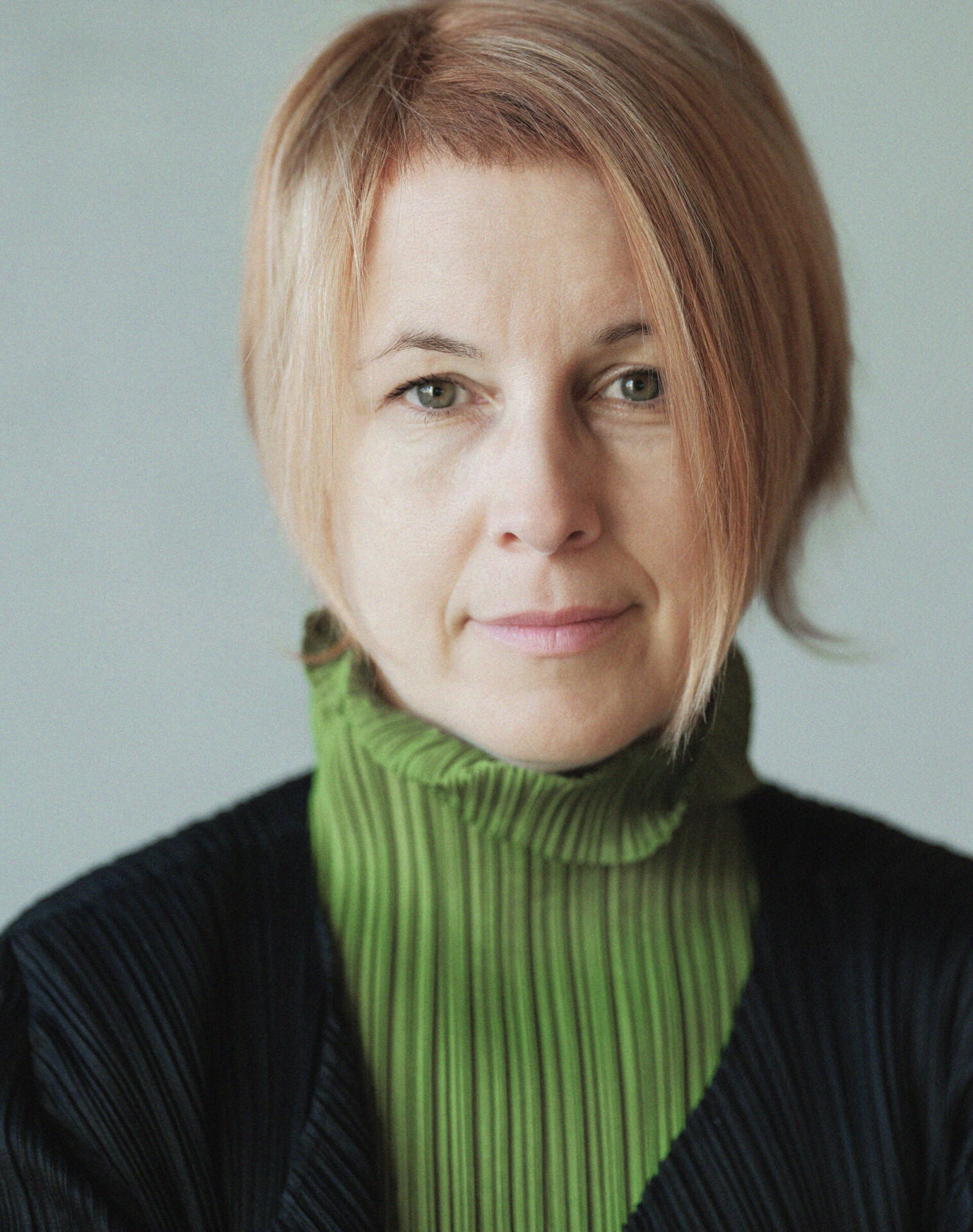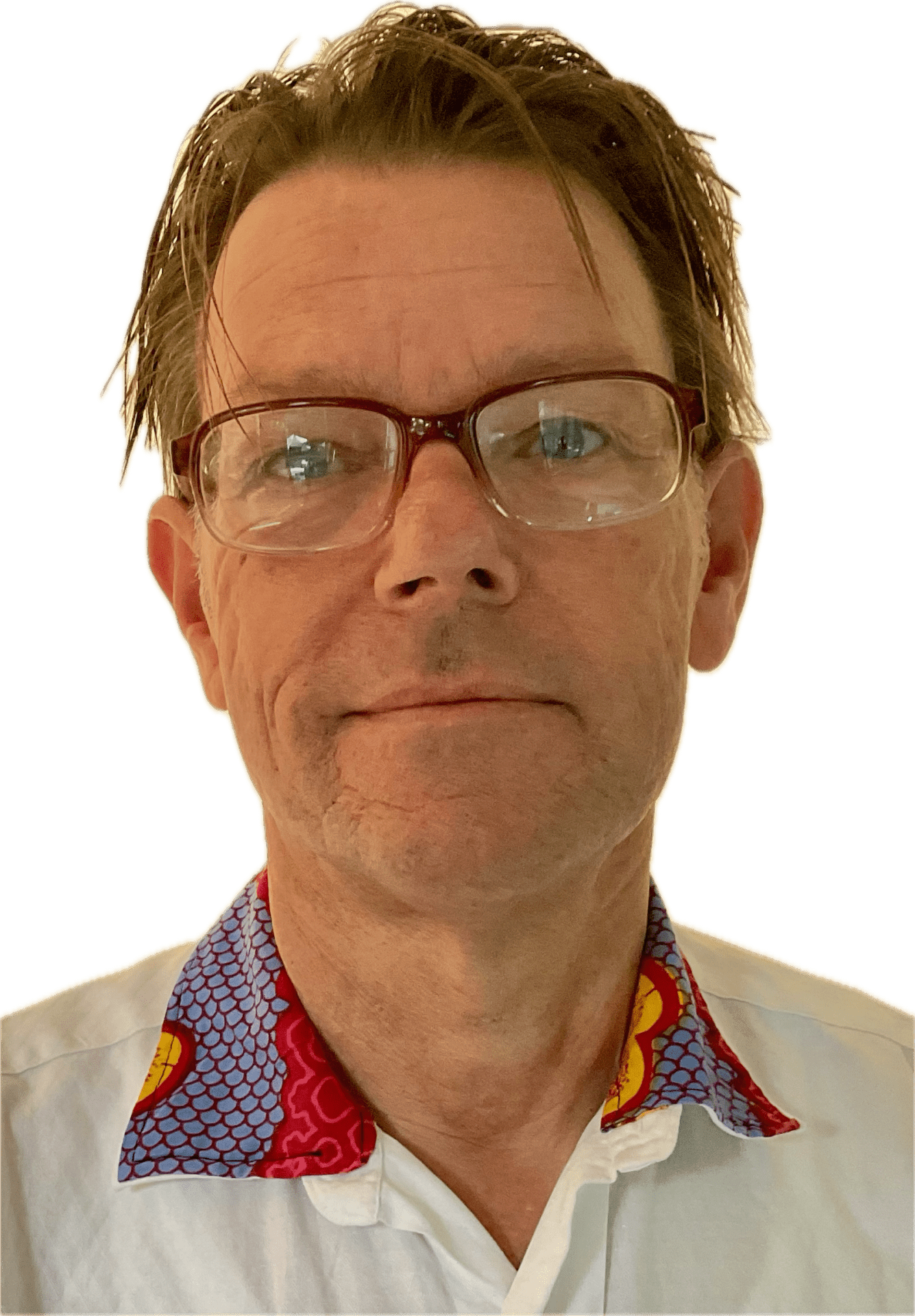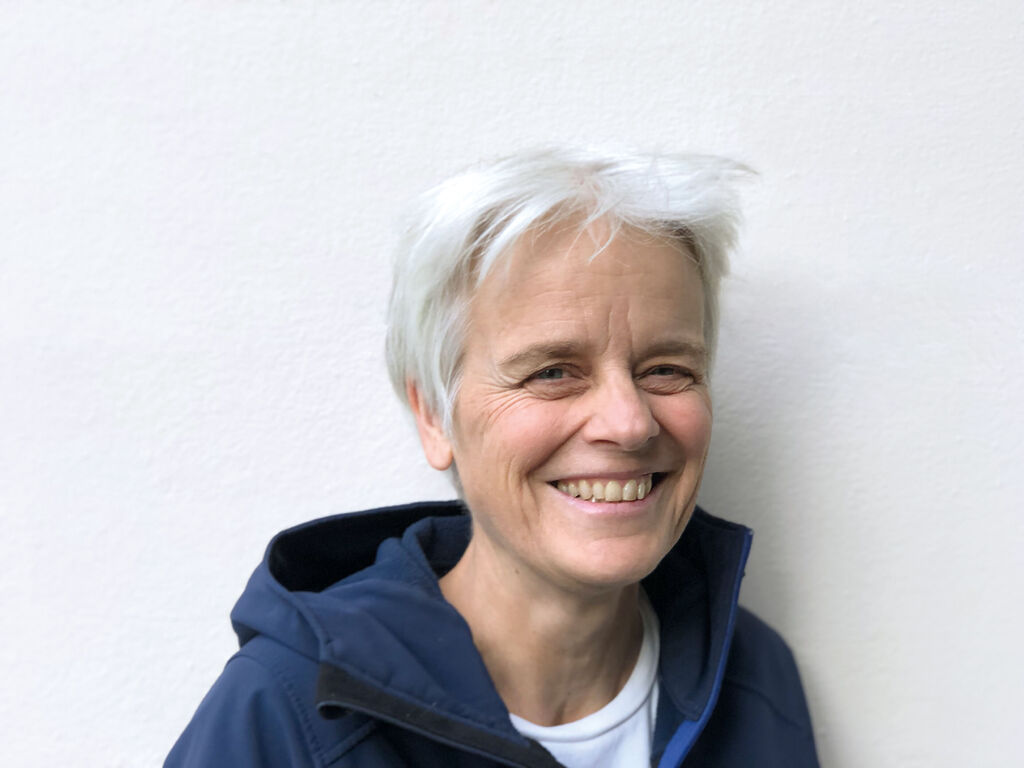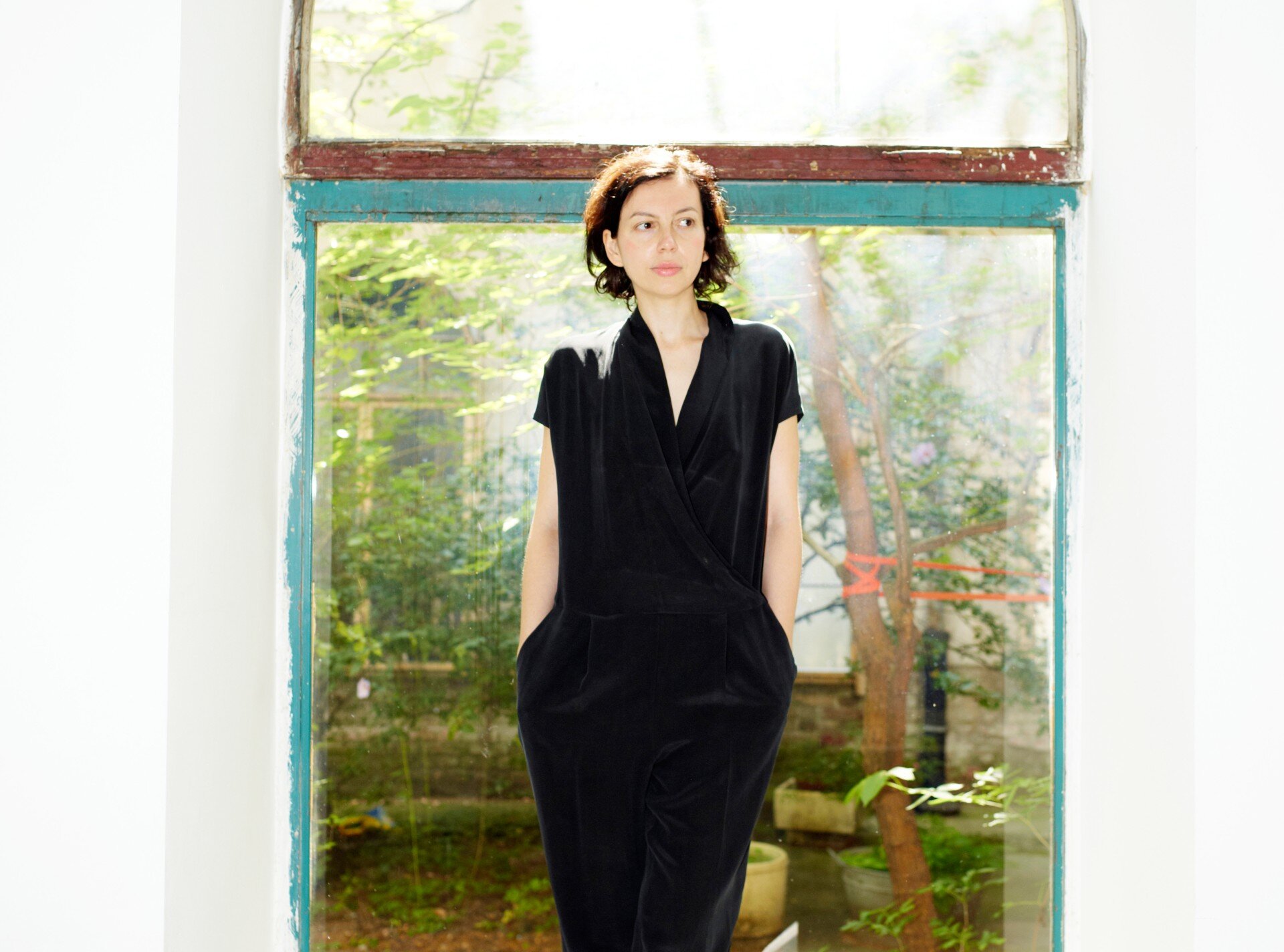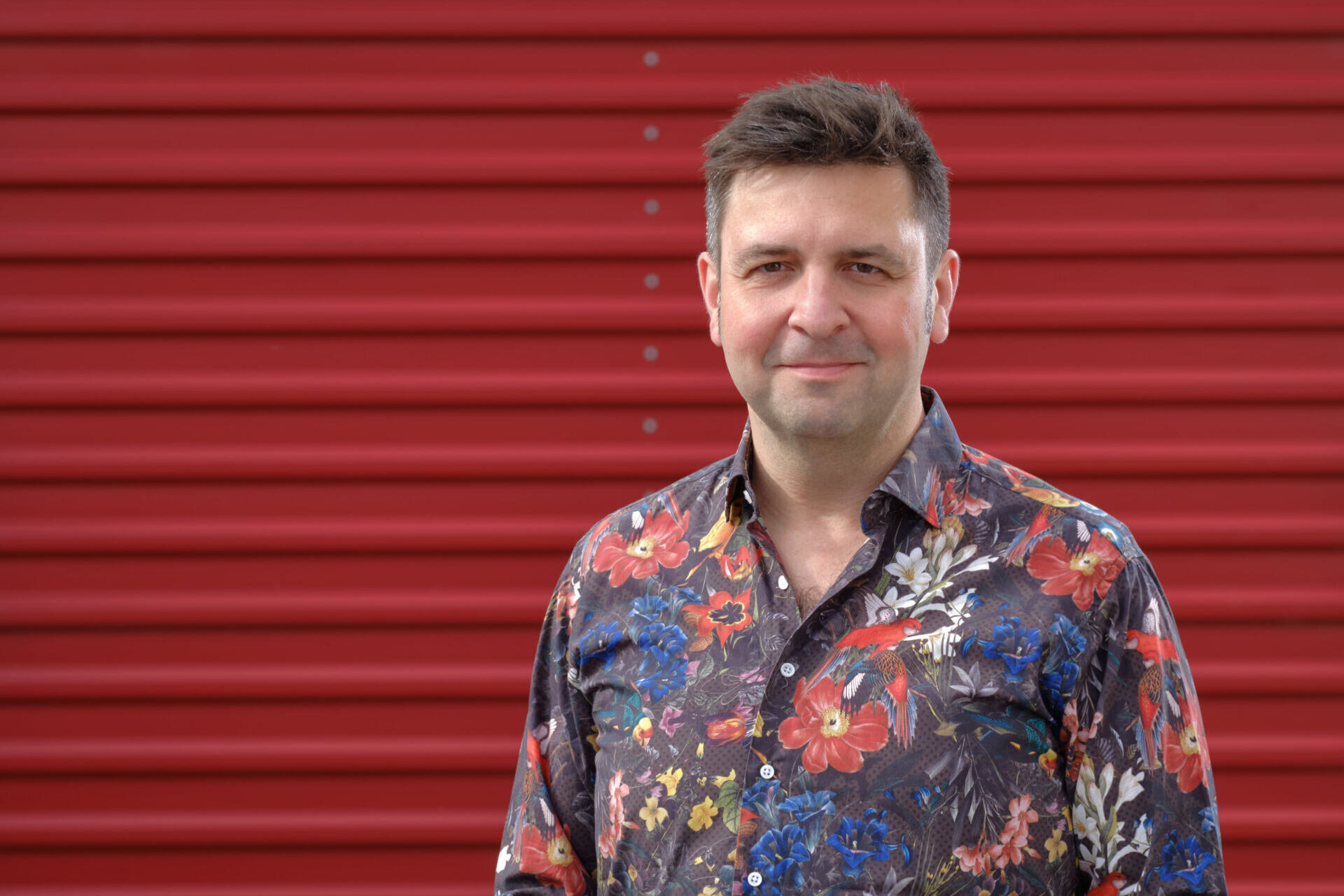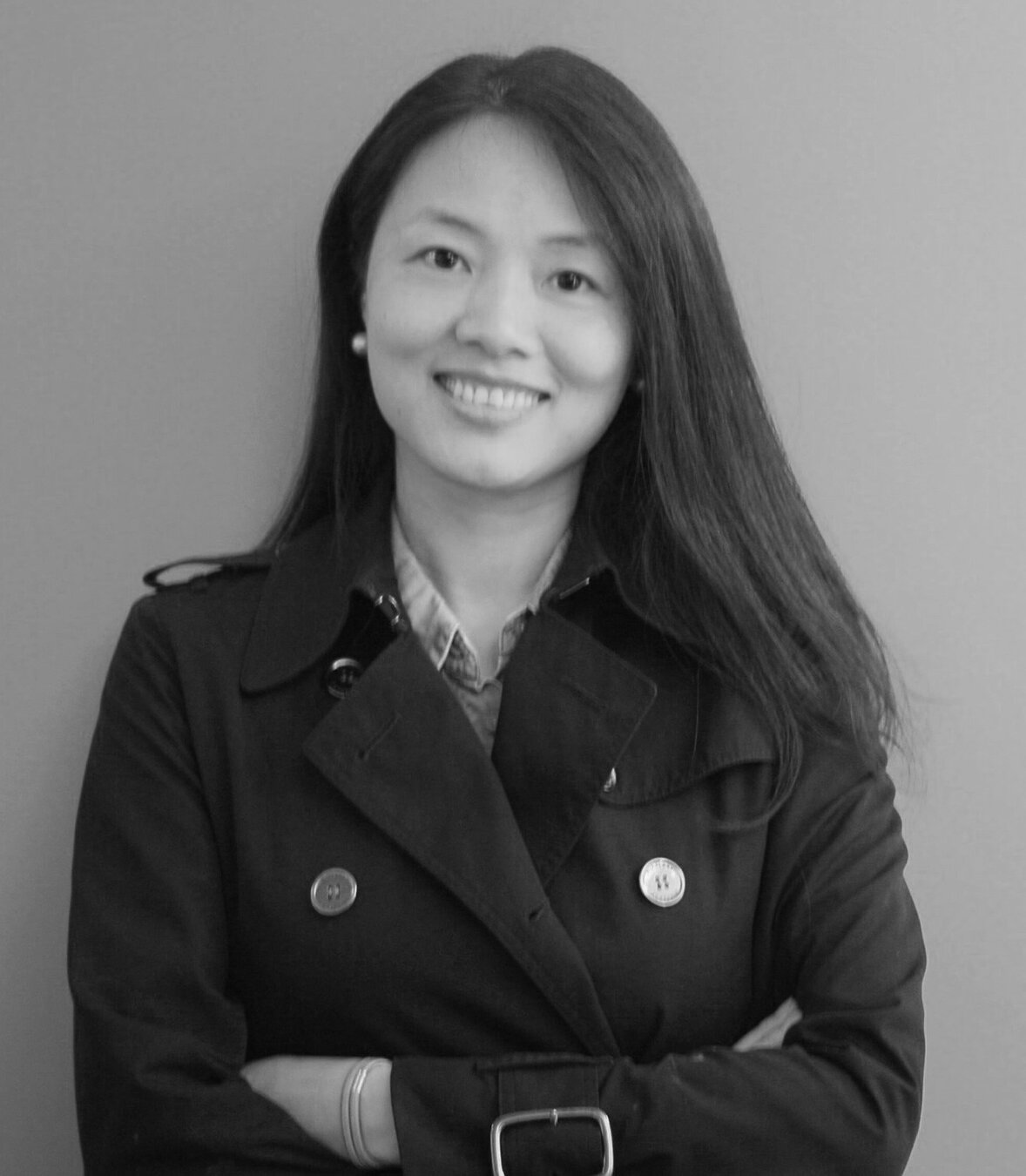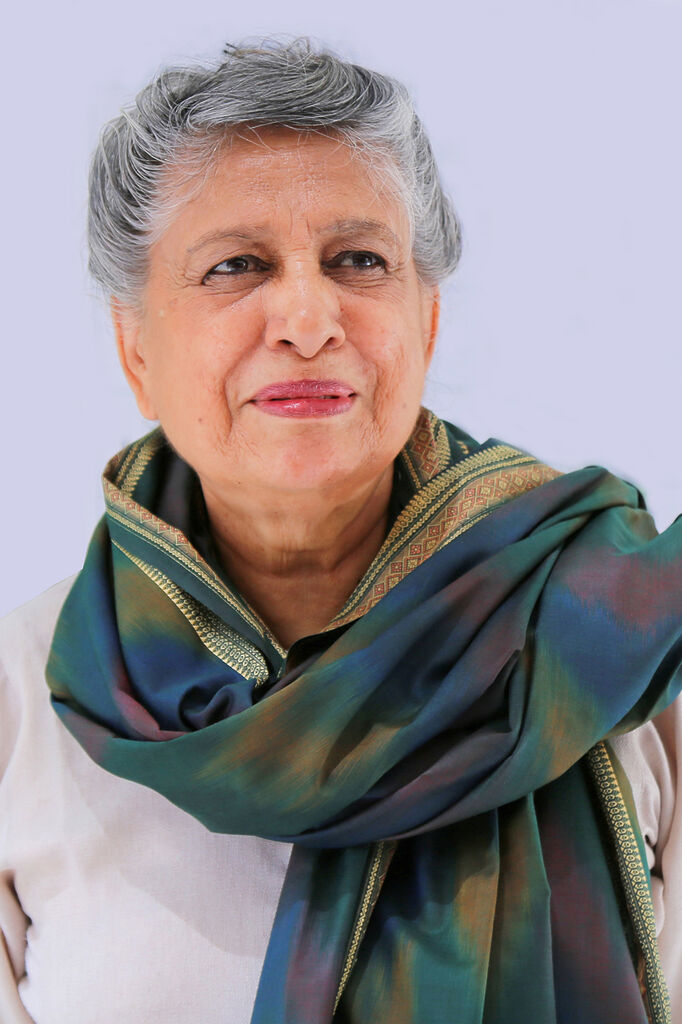International and regional experts analyse and (field) explore the connections and interfaces of building culture and identity-creating and everyday structuring tradition. They come from architecture, ecology, philosophy, sociology, the fields of the humanities as well as the visual and performing arts.
They are activists for a paradigm shift with all their senses and illustrate what can be understood by it: On the basis of science to art, from slow food to traditional rites and customs, the possible relationships and effects for landscape and tourism are experimentally researched in order to develop pioneering perspectives and creative approaches.
Akteur*innen nach Kategorien filtern
Alexander Scheutz
Die Hallstätter Schule ist auch kulturell ein Aushängeschild des gesamten Salzkammergutes und darüber hinaus. Sie war bzw. ist bei wichtigen Kulturplattformen, von nationaler und europäischer Bedeutung, immer kreativ dabei.
category
general / tourism / uncategorized
Mayor of Hallstatt.
further information
Alexandra Wanderer
category
general / uncategorized
Alexandra Wanderer combines stand-up comedy with storytelling by describing her experiences and interactions in the art world and in everyday life. Her biography thus becomes a vehicle; in it she negotiates questions of social class, exploring the cultural habitus and hierarchies that are inherent in and structure society. The humor is dry – deadpan – but also contains moments of lightness. Wanderer is part of the PCCC*, Politically Correct Comedy Club, and performs regularly in Vienna.
Andrea Grill
„Natürlich ist noch Zeit, Lösungen zu finden. Das Leben findet immer Lösungen.“
category
biology / literature
Andrea Grill is a poet and novelist who lives in Vienna and Amsterdam, she holds a PhD in evolutionary biology and translates from a number of European languages. Since 2005, she has published two volumes of poetry and seven novels as well as short stories, essays, and children’s books. Her numerous awards include the Funding Award of the Bremen Literature Prize (2011) and the Anton Wildgans Prize (2021), her novel Cherubino was nominated for the German Book Prize.
further information
Andrea Kessler
Beginnen wir, das Verschwenden zu beenden, indem wir einen wertschätzenden Bogen zwischen Vergangenheit und Zukunft aufspannen!
category
architecture
Andrea Kessler is co-founder of materialnomaden gmbh and HarvestMAP eGen – a cooperative for the procurement of re:use components. Her focus lies on the resource-saving utilization of materials in the construction industry. As a studied architect and designer, she is a pioneer in the collaborative design of circular processes, re-product design and project development with and in existing buildings: from small to large scale, from conceptualization and planning to implementation.
She currently teaches at the TU Vienna. In 2022, she initiated the European network Circular[x]Change, which brings together architecture and design offices from all over Europe to set common priorities at international level to promote reuse and the introduction of circular building practices.
further information
Anna Heringer
Architektur ist für mich ein Werkzeug, um Lebensbedingungen zu verbessern.
category
Bildung / architecture / ecology
For Anna Heringer architecture is a tool to improve lives. As an architect and honorary professor of the UNESCO Chair of Earthen Architecture, Building Cultures, and Sustainable Development she is focusing on the use of natural building materials. She has been actively involved in development cooperation in Bangladesh since 1997. Her diploma work, the METI School in Rudrapur got realized in 2005 and won the Aga Khan Award for Architecture in 2007. Over the years, Studio Anna Heringer has realized further projects in Asia, Africa, and Europe. Anna is lecturing worldwide at conferences, including TED and has been visiting professor at various universities such as Harvard and ETH Zurich.
She received numerous honors: the OBEL Award 2020, the Global Award for Sustainable Architecture, the New European Bauhaus Prize, the Curry Stone Design Prize, the ArchDaily Building of the Year Award, the Femmes Architects Award 2020, the Loeb Fellowship at Harvard’s GSD, a RIBA International Fellowship and the order of merit of the Federal Republic of Germany.
Her work was widely published and exhibited in the MoMA New York, the V&A Museum in London and at the Venice Biennale among other places.
further information
Anna Soucek
category
architecture / literature
Anna Soucek studied art history in London and is co-founder of the “forum für experimentelle architektur”. She has been an editor at ORF’s Radio Ö1 since 2004, moderating and desgining articles for the programs Kulturjournal, Nachtquartier, Kunstradio and Ö1 Kunstsonntag.
further information
Anneke Essl
Baukultur machen Menschen wie Du und ich.
category
architecture
Anneke Essl, architect and Baukultur mediator, born 1974 in Graz. Studied architecture at the TU Graz and at the Artesis Hogeschool Antwerp; research scholarship for Havana, Cuba. Worked in various architecture firms, including Ralph Erskine, Stockholm and Roland Rainer, Vienna. 2005-19 in the program team of the Architekturzentrum Wien. Since 2019 Managing Director of LandLuft – Association for the Promotion of Baukultur in Rural Areas.
further information
Annja Krautgasser
The Resistance of Nothingness
category
fine arts / media arts / performing arts
Annja Krautgasser is an Austrian artist and filmmaker who lives and works in Vienna. Her artistic oeuvre is characterized by its combination of video, film, dance, and the body, as well as social intervention. Three of her exhibitions were The Resistance of Nothingness (Neue Galerie Innsbruck, 2024), memorise the memory (Vorarlberger Architektur Institut, 2020), and Set This House in Order (Neuer Kunstverein Wien, 2019).
further information
Arian Lehner
Wir müssen auch Nicht-ArchitektInnen und Noch-Nicht-ArchitektInnen einen niederschwelligen Zugang zur Architektur bieten können!
category
mobility
Arian Lehner lives in Paris and is the founder and filmmaker of Mies.TV, an international architecture video platform with teams in Paris, Vienna, London and Mexico City, among others. Mies.TV has produced architectural films in cooperation with the MAXXI in Rome, the European Capital of Culture 2024 Bad Ischl, the Gulbenkian Foundation Lisbon and the Oslo Architecture Triennial. Arian Lehner previously worked at MVRDV in Rotterdam and OMA/Rem Koolhaas in Hong Kong. He has also worked in print journalism at DER STANDARD and architektur.aktuell. He is also Office Director of Test & Training International, a design office for driving safety in traffic and micromobility in future urban planning.
further information
Bahanur Nasya
category
architecture / mobility
Bahanur Nasya is an architect, researcher, managing projects, as well as teams, and film producer. She is working in the grey field between citizens, practitioners, scientists, engineers, and decision makers. In FairMobility she coordinates the Austrian partnership and leads the framework of international exchange.
Barbara Feller
category
Bildung / architecture / education / philosophy
Barbara Feller, Mag.phil, Dr.phil., born in Vienna, studied History, Philosophy, Psychology, and Pedagogy at the University of Vienna.
Active as a cultural scientist since 1988.
1996 – 2021: Managing Director of the Architecture Foundation Austria Non-Profit Private Foundation
Since 2001: Managing the architecture sector at OeAD
2003-2009: Spokesperson for the Platform for Architecture Policy and Building Culture (together with Volker Dienst and Roland Gruber).
2008-2013: Member of the Advisory Board for Architecture and Design of the Federal Ministry for Education, Arts, and Culture.
Since 2010: Chairwoman of BINK Initiative for Building Culture Education for Young People
Since 2013: Member of the Advisory Board for Building Culture of the Federal Ministry for Arts, Culture, Civil Service, and Sport.
Since 2017: Board member of the association LandLuft.
Areas of focus:
Architecture, city and life in the 20th and 21st centuries
Architecture/building culture education for young people
further information
Bernd Paulowitz
category
general / uncategorized
Bernd Paulowitz, born in 1971, has been working in the field of cultural heritage for 25 years. He is a trained historian and political scientist and holds a degree from the Diplomatic Academy of Vienna. His work focuses on UNESCO World Heritage and related topics, including the development and implementation of management and monitoring plans. He has supervised World Heritage nominations for Austria, Germany and the USA. Bernd Paulowitz has been manager of the Hallstatt-Dachstein-Salzkammergut World Heritage Region since 2023.
further information
Bernhard König
category
Landschaftsarchitektur / architecture / landscape architecture
Bernhard König is a landscape architect, managing partner of G4C and member of the Breathe Earth Collective. He studied architecture, urban and regional planning in Weimar, Oxford and Zurich. After working in international planning offices, he was a research assistant. He was also project manager for the Austria pavilion breathe.austria at the Expo 2015 in Milan.
further information
Bettina Götz
category
architecture
Bettina Götz was born in Bludenz, graduated in architecture in Graz in 1987 and has been working together with Richard Manahl under the name ARTEC Architekten in Vienna ever since. The office considers itself innovative in its aspiration to find the extraordinary qualities in the most ordinary tasks.
further information
Björn Wilker
Wenn man vor so einer ganz großen Trommel steht und schlägt die an, dann durchströmen einen Wellen, da fängt ja der ganze Körper an zu vibrieren.
category
composing / music / performing arts
Björn Wilker was born in Gelsenkirchen-Buer in 1968. He studied percussion at the Berlin University of the Arts and the University of Music in Freiburg in Breisgau. The key teachers who influenced his development include Bernhard Wulff, Isao Nakamura, and Robyn Schulkowsky. Today he accompanies his role with Klangforum with his activities as a soloist and composer. He sees percussion as a link between everyday objects and music, as a balancing act between experiment and tradition.
further information
Christian Agboada Lord Zigato
category
architecture
Christian Paul Lord Zigato Agboada is a Ghanaian Construction Engineer and Project Manager who works in various African countries. He is also the head of the Works Department (Engineering Department) of the Ada East District Assembly. The department is a merger of five units namely: Water and Sanitation, Feeder Roads, Public works, Building works and Department of rural Housing. In line with Department of Rural Housing, he promotes the development of projects for safe and affordable housing in rural and peri-urban areas in Ghana. He also facilitates the creative and innovative use of indigenous building materials. Since 2008 he has been working for the Ada East District Assembly, Ghana. Since 2009 he is a technical advisor for the Salesians of Don Bosco. A major project he is involved in is the Don Bosco Earth Campus in Tatale, Ghana.
further information
Christian Schirlbauer
UNESCO-Weltkulturerbe ist unsere Region schon seit 1997, die Kulturhauptstadt ist jetzt die Krone.
category
tourism
Christian Schirlbauer, born in Salzburg, is an experienced tourism manager with extensive expertise in international marketing initiatives. He currently leads the Tourism Board of Inneres Salzkammergut and serves as the Secretary General of BÖTM – the Association of Austrian Tourism Managers, which includes around 120 tourism associations across Austria.
further information
Christiane Sauer
category
architecture / design
Christiane Sauer is an architect and professor of material and design at the Weißensee Kunsthochschule Berlin. She is the head of the research area “DXM – Design Experiment Material” and conducts research in the interdisciplinary network of the Cluster of Excellence “Matters of Activity. Image Space Material” at the Humboldt University of Berlin. Her research focuses on function-based and textile materials in a spatial context. She works internationally as a lecturer and author, combining experimental research with architectural practice in her work. Her current publication “Architectures of Weaving. From Fibers and Yarns to Scaffolds and Skins” was published in 2022 by Jovis Verlag, Berlin.
further information
Claudia Larcher
category
fine arts / media arts
Claudia Larcher (AT) is an artist, filmmaker, and AI researcher. Her work spans video animation, collage, photography, and installation, with a focus on the impacts and experimental uses of artificial intelligence.
Based in Vienna, she has presented her work in numerous exhibitions in Austria and abroad, including Tokyo Wonder Site (Japan), Slought Foundation Philadelphia, the Weimar Art Festival, Centre Pompidou (Paris), Ars Electronica Festival (Linz), Gray Area Festival San Francisco, Museum of Contemporary Art in Roskilde, Manifesta 13 and Anthology Film Archives in NYC.
She has received numerous awards, including the Kunsthalle Wien Prize, the Outstanding Artist Award, the Vorarlberg Art Award, the Prof. Hilde Goldschmidt Award and the Austrian Art Award.
Currently, she is a resident of ARTTEC program at AIT (Austrian Institute of Technology).
further information
Clemens Bauder
category
architecture / fine arts
(*1986 in Linz, lives and works in Linz) studied architecture at the University of Art in Linz and works in the border areas of architecture, art and installation. His works range from usable sculptures to experimental spatial installations.
further information
Cornelia Dlabaja
category
sociology / tourism
Cornelia Dlabaja is a sociologist and holds a PhD in cultural studies. Since August 2023, she has held the endowed professorship for sustainable urban and tourism development at FHWien of WKW. It is the first professorship in the field of urban tourism in Austria. Previously, she worked as a researcher at the Austrian Academy of Sciences, the University of Vienna, and TU Vienna. Since 2019, she has been conducting ethnographic research on overtourism and social movements in Venice. In 2019 and 2021, she was a visiting researcher at the UNESCO SSIIM specialization at IUAV University in Venice. Her research focuses on urban and tourism studies, spatial and planning sociology, the right to the city, inequality research, and urban economies. She works at the intersection of art and science, addressing topics for urban publics. In 2022, she curated the outdoor exhibition “Der Brunnenmarkt im Wandel” in cooperation with Vincent Weisl (Wien Museum) and the special project office Bezirksmuseum reloaded. In 2021, she received the Theodor Körner Prize for her dissertation. In 2011, she co-founded the Social Inequality Section of the Austrian Sociological Association, of which she is the spokesperson.
further information
Elias Molitschnig
category
architecture
Elias Molitschnig is Head of the Department of Architecture, Building Culture and Monument Protection at the Federal Ministry of Arts, Culture, the Civil Service and Sport.
He studied architecture and worked from 2008 to 2018 as an architect in various project , specialising in architecture, urban planning, urban development and citizen participation. He then moved into public administration, where he worked at the Office of the Carinthian Provincial Government until 2018. There, he played a key role in the development and implementation of the Baukultur Guidelines and worked in the fields of technical spatial planning, municipal construction and Baukultur.
Elisabeth Schweeger
category
fine arts / general / literature / media arts / performing arts / philosophy
Elisabeth Schweeger ist the Artistic Director of the European Capital of Culture Bad Ischl Salzkammergut 2024.
further information
Elsbeth Wallnöfer
Was ist der Mensch? Und wie äußert sich dieses Menschsein? Da kommt man unweigerlich auf Heimat.
category
literature / performing arts / sociology
Elsbeth Wallnöfer, born in 1963 in Laas in the South Tyrolean Vinschgau, is a folklorist, philosopher, and costume historian living in Vienna and South Tyrol. In addition to her work as an author and curator, she writes commentary for the newspaper Der Standard. She researches and publishes on the concept of homeland and its historical and societal dimensions, particularly in the context of traditional dress such as the Tracht or Dirndl and their political instrumentalization. Her recent publications include Heimat. Ein Vorschlag zur Güte” and “TRACHT MACHT POLITIK”. Her book “How to wear a Dirndl” will be released in July 2024, followed by “Politik als Verführung. Von ‘Volkskanzlern’ und politischen Illusionisten” in October 2024.
Esther Balfe
category
performing arts
The Anglo-Irish dancer and choreographer Esther Balfe graduated with a diploma from Ballet Rambert. Since then, she has worked as a dancer and choreographer, mainly in England, Ireland, Austria, and Germany. In 1995, she co-founded the Tanztheater Wien, which joined the Volksoper Wien in 1999 (until 2004) under its new director, Liz King. As a member of the Forsythe Company (2006-15), Esther Balfe performed internationally and gave masterclasses and workshops for William Forsythe. During her time with Forsythe Ballet, she became familiar with the processes of internalizing and reprocessing as well as creating movement. Between 2003 and 2006, Esther began teaching, researching, and exploring movement. She has been a professor at the Music and Arts University of the City of Vienna (MUK) since 2012.
Eva Hody
category
architecture
DI Eva Hody is an experienced and committed monument conservator. Born in Zurich in 1966, she started studying architecture at the Vienna University of Technology in 1988. She gained planning experience in architectural offices in Zurich, Tokyo and Vienna. She has been working for the Federal Monuments Office since 2001, and since 2012 has focused on the sustainable development of the architectural heritage as a regional conservator for Salzburg.
Since 2013, she has been a main member of the expert commission for the preservation of Salzburg’s historic city center and is constantly involved in the public discourse on the contemporary development of Salzburg’s historic building structures.
Friedrich Idam
Im baukulturellen Erbe steckt ein Schatz an Erfahrungswissen, dessen Technikfolgen bereits bekannt sind und mit dem wir zukünftige Probleme nachhaltig bewältigen können.
category
architecture
Friedrich Idam is working with his colleague Günther Kain on the Simple Smart Building Capital of Culture project, which is taking place as part of the Bad Ischl Salzkammergut 2024 Capital of Culture.
further information
Fritz Wolf
category
ecology
Fritz Wolf is a senior forester, Austrian forest ambassador and forest and hunting educator. Together with his colleague Albert Bitkar, he brought Waldpädagogik to Austria and founded Austria’s oldest forest school in Almtal in 1994. He provides an insight into the fine art of forest management, which, due to its tradition, does not speak of nature conservation, but shows how the environment and economy are practiced in an exemplary and exemplary manner over generations.
further information
Gabriele Schuller
Unsere Lebensweise muss wieder ehrenhaft werden, damit wir beim Gang durch die Welt nicht beschämt die Augen niederschlagen müssen, sondern erhobenen Hauptes den anerkennenden Respekt der übrigen Lebewesen auf der Erde entgegennehmen können. – Robin Wall Kimmerer
category
ecology / fine arts
Gabriele Schuller, born in Wels, is a visual artist, curator and art mediator with a passion for ecology, nature and textiles. She currently lives and works as a KUNSTNOMADIN in Linz and the Salzkammergut.
further information
Gabu Heindl
Architektur gestaltet nicht nur gesellschaftlichen Raum und somit Lebensbedingungen für tendenziell alle. Sie macht auch Vorgaben, eröffnet oder verschließt Handlungsräume für zukünftige Generationen. Räumliche und zeitliche Gerechtigkeit ist daher ein Maßstab, an dem Architektur sich orientieren sollte (auch in ihren vermessenen demokratischen Ansprüchen): Es geht um Rechte für alle – auf egalitäre Raum- und Zugangsverteilung, auf dauerhaft schöne und gesunde Umgebungen, auf leistbares Wohnen und lebbare Zukunft.
category
architecture / literature
Gabu Heindl is an architect, urban planner and activist in Vienna. As professor at the faculty of architecture she is heading the design and research department ARCHITECTURE CITIES ECONOMIES | Building Economy and Project Development at the University of Kassel. Her office GABU Heindl Architecture focuses on public space, public buildings, common-ownership and non-market housing as well as collaborations in the fields of history politics and critical artistic practice.
further information
Georg Driendl
category
architecture / fine arts
Georg Driendl was born in Innsbruck in 1956, studied design and urban planning at the Academy of Fine Arts Vienna from 1983, and established driendl*architects, an internationally active independent design-based architecture office in 1996. driendl*architects develops prototype solutions in the areas of housing, culture, education, transport, and sport, as well as buildings, infrastructure, pieces of city, furniture, new structures, and the integration of the historic fabric. Georg Driendl has been a permanent member of the Advisory Committee on Historical Monuments of the Federal Ministry since 2009. His professorships include Chiba University Tokyo, Leopold-Franzens University Innsbruck, TU Graz, TU Cottbus, and TU Wien.
further information
Georg List
category
mobility
Georg List is responsible for corporate strategy at AVL List GmbH across three strategic business units, leads AVL´s research & technology and initiated AVL’s start-up activities “Creators Expedition”. As a fast growing, innovation driven company in a dynamic and competitive industry, AVL invests in R&D for clean and affordable mobility.
further information
Gerald Priewasser-Höller
category
architecture / fine arts
Gerald Priewasser-Höller is part of the team of Curating Space: New Spatial Concepts for Vacant Buildings, which takes place as part of Bad Ischl Salzkammergut 2024.
further information
Günther Kain
category
architecture
Günther Kain is the project manager of the Simple Smart Building project, which is taking place as part of the European Capital of Culture Bad Ischl Salzkammergut 2024.
further information
Hannes Götsch
music is key!
category
ecology / tourism
Hannes Götsch is a pioneer of balanced urban-rural development processes and has strong networks in the world’s maker and subculture scenes. During his early years on the road, he knows all about the mix of work, vacation and leisure and is therefore also a founding and supervisory board member of the transnational association “Coworkation Alps”. Active as a guest and host in the international cultural scene for 20+ years, he knows all about the beauty of quality tourism. With the urban hub “BASIS Vinschgau Venosta”, Hannes has created a unique example of socio-ecological and emotional-historical transformation since 2016 and made a tangible statement about open values and sustainability.
further information
Hannes Mayer
category
architecture / fine arts
Hannes Mayer is an architectural researcher and editor of the architecture magazine manege für architektur. Worldwide, he realizes projects at the interface of science, art and architectural practice, researching the relevance of digital methods for architecture and society. Together with Fabio Gramazio and Matthias Kohler, he headed the Chair of Architecture and Digital Fabrication at ETH Zurich and realized large-scale architectural installations for the Centre Pompidou, V&A Dundee, Istituto Svizzero and the Aichi Triennale 2022 in Japan. Hannes Mayer has also taught as a professor of architectural design and research at the Academy of Fine Arts Vienna as well as at the Bartlett School of Architecture, the University of Innsbruck and the University of Kassel.
further information
Heidi Pretterhofer
category
architecture
Heidi Pretterhofer studied architecture at Graz University of Technology. She lives and works in Vienna, where she runs the Pretterhofer Arquitectos office. Her work operates at the interface of architecture, urbanism, theory and cultural production. Among other things, she was involved in Club Hybrid, a demonstration building in Graz.
further information
Heidrun Primas
Kunst- und Kulturarbeit ist Transformationsarbeit an Gesellschaft. Die Werkzeuge dafür sind Kommunikation zwischen vielen Akteur*innen und daraus abgeleitetes Handeln mit anschließendem Reflexionsprozess und weiterer Verfeinerung usw. usw.
category
architecture
Heidrun Primas studied architecture and is a socio-political cultural player and consultant.
She has been a freelance consultant since 2021, providing conception, support and moderation for the cultural strategy 2030 of the province of Styria.
She is a spokesperson for the Cultural Advisory Board of the City of Graz and a board member of the House of Architecture Graz – Association for the Promotion of Architecture and the Promotion of High-Quality Building Culture in the Field of Tension between Cultural, Socio-political, Educational and Economic Parameters.
Ines Mitterer
category
humanities / literature
Ines Mitterer is a trained interpreter and translator in Italian, Spanish, and Portuguese, specializing in art and architecture. She holds a PhD in Romance studies and journalism. Since 1993, she has worked as a freelance and later employed cultural editor at ORF. As a radio and television journalist, she primarily focuses on art, architecture, urban life, and literature. She is mainly involved in the Ö1 editorial program “Diagonal” but also regularly contributes to the TV editorial team of “Kulturmontag.” Her recent documentary films include works on Warhol and Basquiat, Olafur Eliasson, Herbert Brandl, Velázquez, beauty and art, and “Anna Jermolaewa. The Language of Resistance.” Additionally, she has moderated various events for institutions such as MAK Vienna, University of Art and Design Linz, Museum Gugging, and the Vienna Literature House.
further information
Isabella Kohlhuber
Bedeutung wird getragen
category
fine arts / media arts
Isabella Kohlhuber was born in 1982 and lives and works in Vienna. She studied transmedia art under Brigitte Kowanz at the University of Applied Arts Vienna, where she taught from 2013 to 2019. Her drawings, collages, sculptures, and media installations revolve around writing and linguistic signs. Her works have been exhibited in Austria and abroad and were most recently shown at the PAC Festival Marseille (FR), Kunsthaus Graz (AT), Galleria Doris Ghetta (I), Vienna Contemporary (AT), and Bluerider Art Gallery Taipei (TWN). Numerous installations have been installed temporarily and permanently in public spaces.
further information
Jakob Travnik
Bioregional Assembly_Salzkammergut develops a network of material, human, and infrastructural resources in the Salzkammergut region and demonstrates how these can be integrated in a way that could strengthen local ecological, economic, and social systems in the future.
category
Jakob Travnik is based in Vienna, Austria, he holds a degree in architecture from the University of Applied Arts Vienna (2016).
In his work he is continuously active in various roles within interdisciplinary and intersectoral networks, focusing on the implementation of alternative tourism systems and bioregional design practices in various regions. In collaboration with Atelier LUMA, a programme of LUMA Arles, he currently acts as project manager of two projects focusing on the implementation of bioregional design practices in the Salzkammergut region (Bioregional Assembly__Salzkammergut – as part of the European Capital of Culture, Bad Ischl, Salzkammergut, Austria 2024) and the city of Vienna (Biofabrique Vienna – as part of Klima Biennale and Vienna Design Week, Austria 2024).
further information
Jens Badura
category
fine arts / philosophy
Jens Badura is a habilitated philosopher and co-director of the Graduate School “Cultures of the Alps” at the Institute Cultures of the Alps at the University of Lucerne, where he also curates the transdisciplinary work area “Alpine Futures Literacy”. He is also a visiting professor at the Faculty of Design at Berlin University of the Arts and an associated researcher at Zurich University of the Arts. His work focuses on applied cultural philosophy and aesthetics in the conflicting fields of science and fine arts.
further information
Jochen Neustifter
Bei den vielen weltweiten „Do&Co-Einsätzen“ entdeckte ich auch meine Liebe zum „Catering“.
category
culinary / ecology
Jochen Neustifter, born in 1975, now lives in Vorchdorf. He completed an apprenticeship as a cook and waiter at Hotel Stadtkrug in Wels, and furthered his education at the Bischofshofen Tourism School. He gained valuable kitchen experience in renowned restaurants such as “Restaurant Tanglberg” in Vorchdorf and “Do&Co” in Vienna, where he discovered his passion for catering. In 2000, he opened “JO’S Restaurant & Partyservice” in Vorchdorf, which quickly earned multiple “Gault Millau toques” and “à la carte stars.” In addition to restaurant operations, he provides catering for events and counts VIP clubs and companies like “Grüne Erde” among his clients. He also leads cooking classes and seminars on topics such as “no waste” and places great emphasis on regional and organic ingredients.
further information
Karin Harrasser
category
fine arts / humanities
Karin Harrasser is Professor of Cultural Studies at the University of Art and Design Linz, where she is also Vice Rector for Research and currently interim Director of the ifk International Research Center for Cultural Studies. After studying history and german language and literature, she completed her doctorate at the University of Vienna in 2005 with a dissertation on the narratives of digital cultures. She subsequently held a research assistant position at the Academy of Media Arts Cologne and various visiting professorships in Germany and Colombia. This was followed by a habilitation at the Humboldt University in Berlin on “Prothesen. Figuren einer lädierten Moderne” (published by Vorwerk 8 Berlin in 2016). In addition to her academic activities, she has been involved in various artistic and curatorial projects, e.g. at Kampnagel Hamburg, Tanzquartier Wien or with MAPA Teatro and the Colombian Truth Commission in Bogotá.
further information
Katharina Ritter
category
architecture / mobility
Katharina Ritter studied law at the University of Vienna and works as a curator and author in the fields of architecture and urbanism. Since 1994 she has worked as a curator and since 2006 as program coordinator for the Architekturzentrum Wien, including for the exhibitions “Größere Gegner gesucht” (1998), “The Austrian Phenomenon. 1958-1973” (2004), ‘Alexander Brodsky’ (2011), ”Soviet Modernism. 1955-1991” (2012), ‘Form follows Paragraph’ (2017), ‘Boden für Alle’ (2020-2023 with over 20 stations throughout Austria) and ‘Über Tourismus’ (Vienna, 2024).
Kathrin Aste
Wir müssen die Architektur wieder selbst in die Hand nehmen um der kulturellen Vitalität unserer Gesellschaft Ausdruck zu verleihen, um ein kulturelles Erbe zustande zu bringen, das es noch zu schützen wert ist.
category
architecture
Kathrin Aste is a founding partner of the architectural firm LAAC zt-gmbh. LAAC is an internationally active architecture firm based in Innsbruck that has been developing, researching, and teaching innovative solutions to urban and landscape challenges for over ten years. As a professor, Kathrin Aste works at the intersection of art, culture, and architecture. She combines artistic design with contemporary design approaches and mediates between the free art forms and the discipline of architecture.
further information
Katja Fischer
Heute, wo regionale Strukturwandelprozesse auf globale Metadiskurse und politische Krisen treffen, bauen wir in Thüringen auf über zehn Jahre gemeinsame IBA Transformationserfahrung auf, bewegen uns in gewachsenen Netzwerken und haben die experimentelle Projektarbeit eingeübt. Die Prozesse der IBA Thüringen sind der Ausgangspunkt für das zukunftsfähige und klimagerechte StadtLand Thüringen.
category
architecture
Katja Fischer is an architect. She is part of the founding team of IBA Thuringia, co-authored the feasibility study, and worked as the IBA program and project manager from 2012 to 2023. After studying at the Bauhaus University Weimar, she taught and conducted research there in housing, urban and spatial development, and was a visiting professor at Virginia Tech/WAAC (US). She is currently a visiting professor at the University of Kassel. In the IBA project Eiermannbau in Apolda, under the auspices of IBA Thuringia, she was responsible for the minimally invasive expansion, experimental appropriation formats, and public communication of the monument, which also housed IBA Thuringia and received recognition at the “German Architecture Award” in 2023. Since 2022, she has been supporting, among other roles, as an expert in the Innovationsprogramm “Zukunft Bau” in selecting future funding projects and currently advises the BMWSB on developing federal cultural building guidelines. Since 2024, she has been the managing director of the Baukultur Thuringia Foundation.
further information
Keywan Riahi
Um den Klimawandel zu stoppen, müssen wir das Energiesystem umbauen und auf alternative Energieträger und verbesserte Dienstleistungssysteme für Mobilität und Gebäude setzen. Diese Klimaschutzmaßnahmen (aber auch die Auswirkungen des Klimawandels) werden in der Landschaft und im Ortsbild sichtbar und spürbar werden.
category
ecology
Keywan Riahi is among the most influential climate researchers in the world. The mathematician leads the Energy Program at the International Institute for Applied Systems Analysis (IIASA). He is also one of the lead authors of the UN’s Intergovernmental Panel on Climate Change (IPCC).
further information
Kjetil Trædal Thorsen
Creating architecture means that you have to use your whole body. It’s not an issue really related only to how you can think, but it’s also an issue related to how you can feel.
category
architecture
Kjetil Trædal Thorsen completed his architecture studies in Graz, Austria in 1985 and co-founded Snøhetta in Oslo, Norway in 1989. Since then, he has been instrumental in defining Snøhetta’s philosophy and growth into a transdisciplinary and global architecture and design practice, as well as major projects such as the new Bibliotheca Alexandrina in Egypt, the Norwegian National Opera and Ballet, Le Monde Group Headquarters in Paris, Europe’s first underwater restaurant and the world’s northernmost energy-positive building, Powerhouse Brattørkaia.
further information
Klaus Klaas Loenhart
Jetzt. Im Entdecken unseres atmosphärisch verflochtenen In-der-Welt-Seins, lässt sich eine neue biometeorologische Bezogenheit unserer Architekturen entwickeln.
category
Bildung / Landschaftsarchitektur / architecture / ecology
Klaus Klaas Loenhart envisions the future of our urban agglomerations, buildings, and landscapes as interconnected living biomes. As a professor and institute director, he, along with his teams at the Institute of Architecture and Landscape at TU Graz, as well as in his studio TERRAIN: INTEGRAL DESIGNS based in Munich and Graz, develops living systems that connect humans with our more-than-human world through design innovation.
His latest book, “BREATHE – Explorations of Our Atmospherically Interwoven Future,” explores air and atmosphere as guiding themes to rediscover our societal actions and design practices. Following the success of the Austrian Pavilion at the EXPO World Exhibition in Milan, his most recent works have now been honored with the UNESCO Global Award for Sustainable Architecture 2024.
further information
Konrad Frey
Höchste Qualität schrammt nah am Banalen.
category
architecture
Konrad Frey studied chemistry at first, but at the age of 25 he began studying architecture at TU Graz and co-founded what later became known as the ” Grazer Schule” in 1965 – 1967. He then spent 6 years in London at the multidisciplinary large-scale office Arup. The partnership with Florian Beigel followed in 1971. Shortly afterwards, in 1974, back in Graz, he founded alternative energy research at Joanneum Research, experimental pilot buildings and energy consulting in Austria. From 1988 – 2001 ZT office in Graz–much planned, little built. He was often teaching in Graz, Vienna, Innsbruck, Germany, England, USA, Canada and Hong Kong.
Lola Meyer
Die Disziplinen Städtebau, Architektur und Freiraumplanung sind nicht voneinander zu trennen, sondern müssen als Raum als Ganzes betrachtet und bearbeitet werden.
category
architecture / ecology
Multidisciplinarity in her blood: The interdisciplinary understanding of space is an essential part of Lola Meyer’s life. She studied architecture, urban and landscape planning at the University of Kassel and landscape architecture at the Academie van Bouwkunst Amsterdam in Amsterdam, graduating with two diplomas in landscape planning and urban design. She has been a partner in the interdisciplinary collective ubikon.com since 2008 and teaches at various universities in Germany and abroad. She was project manager at A24 Landschaft for 10 years and researched the future of mobility at the Chair of Architectural Theory in Kassel in 2020-23. She has been Co-Managing Director of Europan Deutschland e.V. since 2022. Her main topics are sustainable urban development, mobility, open space and participation.
further information
Marie-Therese Harnoncourt-Fuchs
Die Baukultur von Morgen ist eine Bewusstseinskultur!
category
architecture / fine arts
Marie-Therese is an architect, lecturer and teacher. In 2000 she founded the next ENTERprise Architects together with Ernst J. Fuchs. The office offers a broad range of expertise, from the design of buildings, experimental installations, exhibitions, and scenographies, to urban planning concepts. The programmatic and spatial limits of their buildings and concepts are conceived with a consciously high level of permeability on the basis of the performative potential of architecture and the interplay between space, atmosphere, context, and user. Several key projects, including the Wolkenturm Grafenegg (AT), Kaltern Lakeside Swimming Baths (IT), HAWI – Experimental Temporary Living (AT), the installations Audiolounge and Noeklius – informed sculpture and and recently the Museum Heidi Horten Collection (AT).
further information
Marlene Rutzendorfer
Wer entwirft und baut – auf wessen Land? Welche Materialien und Prozesse sind für eine zukunftsfähige Baupraxis erforderlich?
category
architecture / education / fine arts
Architect and curator, among other things, of the Architecture.Film.Summer festival at the MuseumsQuartier Vienna. She develops formats for architectural mediation as well as interactive urban research, participatory design processes, and exhibition design with the architecture platform Wonderland. For Salzkammergut 2024, she is curating the Blickpunkte Film Festival as well as Regional_Express together with Ella Raidel and Petra Ardai. She teaches at the Institute of Art and Architecture at the Academy of Fine Arts Vienna.
further information
Michael Obrist
Überall, wo das Soziale mitspielt, kann man etwas nicht eins zu eins wiederholen. Man muss versuchen, die neuen sozialen Bausteine zu begreifen. Je nachdem, wo man arbeitet, muss man bestimmte gesellschaftliche Normen und Traditionen berücksichtigen.
category
architecture / education
Michael Obrist is one of the five founding partners of feld72 Architects in Vienna and a university professor at the Vienna University of Technology. Since 2018, he has held the position of Professor of Housing and Design and is the head of the research department for Housing and Design at TU Wien. He has held guest professorships at Politecnico Milan, University of Art and Design Linz, Masterclass Public Art at the Salzburg Summer Academy, and the Architectural Association Visiting School in Slovenia. Together with Sabine Pollak and Lorenzo Romito, he is curating the Austrian Pavilion at the Venice Biennale 2025.
The works of feld72 at the intersection of architecture, applied urbanism, and art have received numerous awards (including several Austrian State Prizes and the Gold Medal of Italian Architecture) and have been exhibited at various biennials (Venice, Shenzhen-Hong Kong, Sao Paulo, Rotterdam) as well as in museums worldwide.
further information
Michael Rieper
category
architecture
Michael Rieper studied architecture at Graz University of Technology. He works in changing teams on the development, planning and realization of experiments at the interface between architecture, art and design, with a penchant for installations and interactions in public space. Among other things, he was involved in Club Hybrid, a demonstration building in Graz.
further information
Office Hoamatomt
category
As part of Salt Lake Cities Büro Hoamatomt is a Capital of Culture-project. Regional vacancies become places of experience and meeting points for art: the Capital of Culture 2024 invited young artists from Austria and abroad to research, live and work in them and to activate them with artistic contributions.
During their research in the Salzkammergut, Leonhard Immervoll and Petra Anlanger repeatedly come across the following question: “Who decides what tradition should be and who is allowed to use it and how?”
further information
Richard Manahl
category
architecture
Richard Manahl was born in Bludenz, graduated in architecture in Graz in 1982 and has been working together with Bettina Götz under the name ARTEC Architekten in Vienna ever since. The office considers itself innovative in its aspiration to find the extraordinary qualities in the most ordinary tasks.
further information
Robert Temel
category
architecture
Robert Temel is a freelance architecture and urban researcher as well as a consultant based in Vienna. He studied architecture at the University of Applied Arts Vienna and completed the postgraduate program in sociology at the Institute for Advanced Studies in Vienna. His work focuses on the use and creation of architecture and urban spaces, with an emphasis on residential construction, urban planning, and public spaces.
Robert Temel has been the spokesperson for the Platform for Building Culture Policy since 2013, a member of the Advisory Board for Building Culture in the Ministry of Culture since 2013, and a co-founder and board member of the Initiative for Collaborative Building and Housing from 2009 to 2019. Previously, he served as the chairman of the Austrian Society for Architecture (ÖGFA) from 2003 to 2009 and was a board member from 1998 to 2010. He is also a co-founder of the WoGen Housing Projects Cooperative and served as the chairman of the supervisory board from its founding in 2015 until 2023.
further information
Sabine Kienzer
Die Baukultur von Morgen ist eine Bewusstseinskultur!
category
fine arts / literature / performing arts
Sabine Kienzer is a Vienna-based curator, journalist, and cultural manager. She is a trained radio journalist and holds a Master of Advanced Studies (MAS) in Cultural Management as well as in Women’s Studies. Her main interest lies in the field of visual arts, with a particular focus on mediation. This forms the basis upon which she plans and executes her projects. These projects seek to question the impact of culture on society by constantly redefining culture as a concept that is composed of societal values, beliefs, and norms.
Sarah Blahut
category
architecture
Sarah Blahut is a Berlin-based architect with more than 15 years of international experience having worked on notable and prize-winning projects in the US, UK, and Germany. She holds a Bachelor of Arts in Architectural Studies from the University of Kansas and a Master of Architecture from the Southern California Institute of Architecture. Since 2019, Sarah has been teaching design studios and seminars at the University of Kassel, where she is also a PhD candidate researching experimental design and making with augmented and mixed reality systems in architectural representation.
further information
Simone Barlian
category
fine arts
Simone Barlian is part of the Projekt team of Plateau Blo, which is taking place as part of the European Capital of Culture Bad Ischl Salzkammergut 2024.
further information
Simone Zopf
category
general / performing arts
Simone Regina Zopf was born in Grieskirchen, Upper Austria in 1974 but was soon transplanted to the Salzkammergut. Upon completing her school leaving certificate in Bad Aussee she enrolled at the HTBLA Hallstatt to learn instrument making and, hence, discovered the subject that would become central to her life.
Spela Videcnik
category
architecture / fine arts
Špela Videčnik and Rok Oman, both graduates from the Ljubljana School of Architecture and London’s Architectural Association, established OFIS arhitekti in 1996. The office is based in Ljubljana and Paris. Since its creation, the practice has been investigating space relations in different scales and context. Their build work is represented by various programs from public, sport, cultural and religious buildings to single and multiple housing. Their academic research combines different interests and curiosities. They investigate European and local Slovenian identity in contemporary architectural language, which includes traditional knowledge of vernacular buildings, revitalisations, conversions and new constructions in alpine area.
further information
Team Wirtshauslabor
category
culinary / gastronomy
The Wirtschaftshauslabor combines traditional regional gastronomy with new culinary art and innovative concepts. Within the project, several outstanding chefs have joined forces to create an impulse to revive the rural tavern culture.
further information
Ton Matton
The fact, that I live in Wendorf doesn’t mean that I can’t be reached. I live in Central Europe. I have a satellite Internet, a Lada Niva four-wheel drive, and a mobile phone, like everyone else in the Global Village
category
architecture
Ton Matton studied urban planning at TU Delft (1991) and initially founded the office Schie 2.0 in Rotterdam, focusing on the implementation of self-sufficient architectural moments. He was part of the Dutch design movement of the 1990s, which worked on the “Amnesty for the Built Reality” and engaged experimentally with the issues of planning and spatial planning. His most impactful projects are those in which Matton drastically changed the perception of a particular situation through different representations, effectively creating a new design.
Ton Matton’s work spans object design, social design, ecological urban planning, and artistic activism. Currently, he is a fellow at the DFG College Imaginaries of Force, where he researches wind turbines and energy landscapes. Additionally, he is preparing the Potemkin Art Academy in Schwerin, a performative installation based on improvisation.
Ulrike Herrmann
Neue Gebäude darf es nicht mehr geben, wenn wir klimaneutral leben wollen.
category
literature / philosophy
Ulrike Herrmann is the Business Editor of the “tageszeitung” (taz). She trained as a bank clerk and studied history and philosophy at FU Berlin. She appears regularly on radio and television. The author of several bestsellers, her most recent book is “Das Ende des Kapitalismus. Warum Wachstum und Klimaschutz nicht vereinbar sind – und wie wir in Zukunft leben werden” (KiWi 2022).
Ute Ploier
category
fashion / performing arts
Ute Ploier is a fashion designer.
Since 2015, she is head of the BA-, MA- and PhD-program Fashion & Technology at the University of Art and Design Linz, which explores the future potential of fashion by combining design and research.
After studying at Central Saint Martin`s College London and University of Applied Arts in Vienna, she founded her menswear label „Ute Ploier“ and presents her collections in Paris, London, Mailand and Tokyo.
Her work as a fashion designer has won international awards and has been published in the New York Times Magazine, i-D, Vogue and V Magazine.
Ute Ploier is currently researching ecological and social challenges in and through fashion systems.
She sees the creative and disobedient use of analog and digital technologies as an opportunity to design, produce, reuse and present fashion in a regenerative, inclusive und diverse way.
further information
Wojciech Czaja
category
architecture / literature
Wojciech Czaja, born in Poland in 1978, is a city lover at heart, but he also has a passion for the countryside. He studied architecture at Vienna University of Technology and works as a journalist, author and moderator in the field of architecture and urban culture, including for Der Standard. He is also a lecturer at the University of Art in Linz and the University of Applied Arts in Vienna. His book publications include Hektopolis, Frauen Bauen Stadt, Das Buch vom Land, mittendrin und rundherum and Wien Museum Neu, published in 2023.
further information
Xu Tiantian
Architectural acupuncture can drive rural revitalization, spark rural self-confidence, and turn wasteland into a welcoming space-and it can do it at a low cost.
category
architecture
Xu Tiantian is Founder of DnA_Design and Architecture based in Beijing, China. Her work has engaged extensively with rural revitalizing processes, as well as architectural acupuncture to work with different context and heritage of village and rural regions.
In 2006, she received the WA China Architecture Award and in 2008 the Young Architects Award from The Architectural League New York. In 2019 she was awarded the Moira Gemmill Prize for Emerging Architecture. She received the Swiss Architectural Award in 2022 in recognition of her approach to architecture that is sensitive to contemporary ethical, aesthetic and ecological issues. She won the Holcim Awards 2023 Gold for Asia Pacific for Fujian Tulou in China – a project focused on conservation and adaptive reuse of heritage buildings.
further information
Yasmeen Lari
Save the Planet, Save Humanity: Decarbonize, Decolonize, Democratize.
category
architecture
First female architect of Pakistan, Architect for the Poorest of the Poor Dr. Yasmeen Lari’s journey from architecture for the elite to zero-carbon structures for the masses was rewarded in 2023 with RIBA’s Royal Gold Medal.
She has conserved several ancient monuments at World Heritage sites Lahore Fort and Makli, along with urban heritage sites and popularized ancient crafts among poor families for income generation.
She is recipient of several national and international awards; has authored several books and publications and was visiting professor (2022-2023) at Cambridge University.
further information
Other actors will follow
